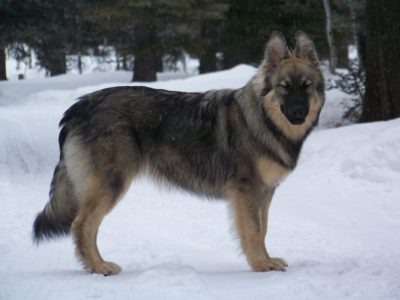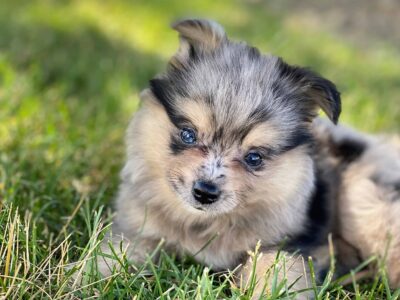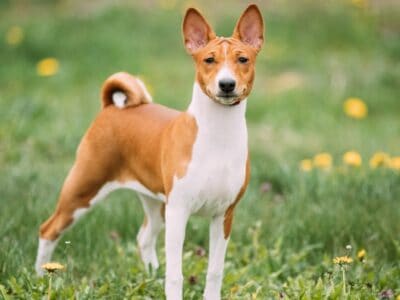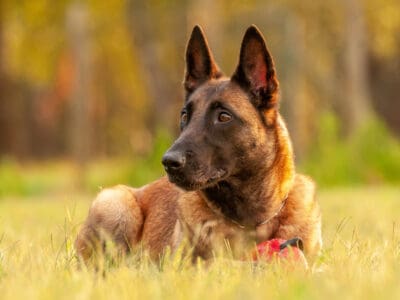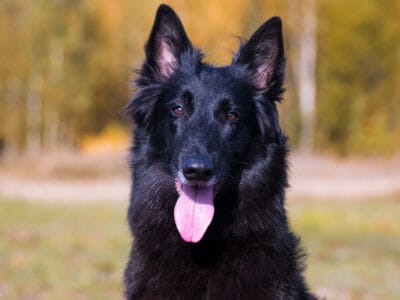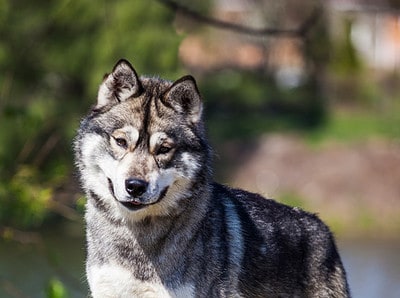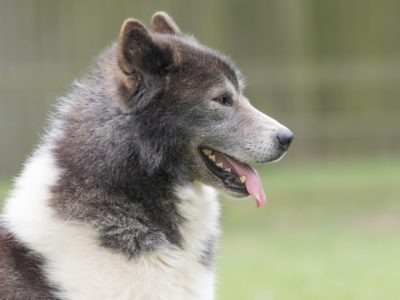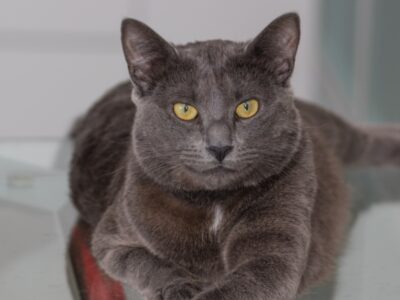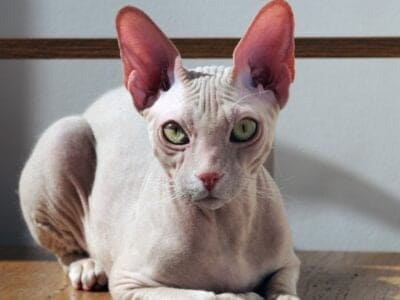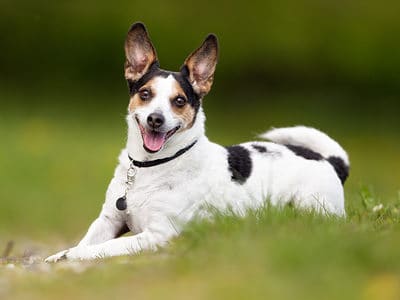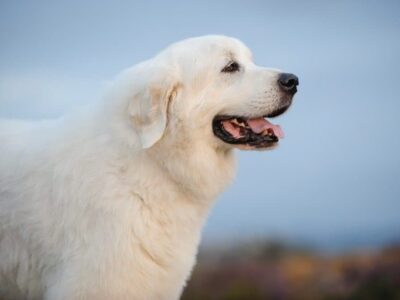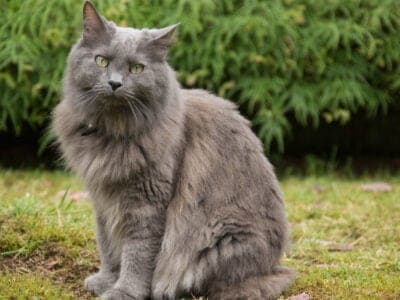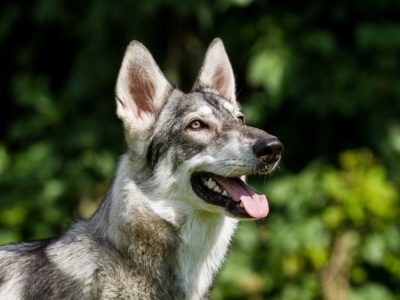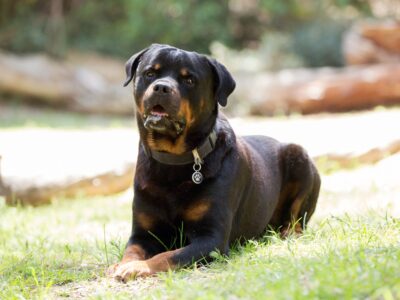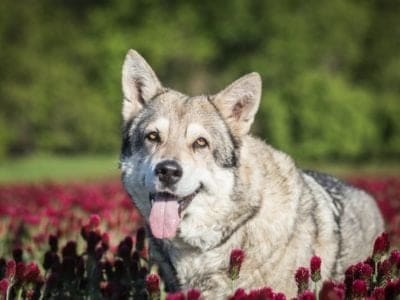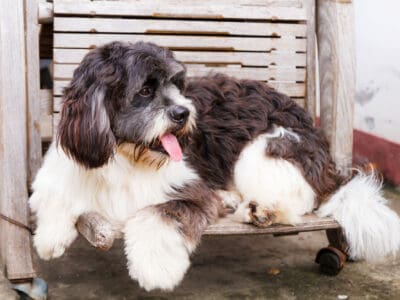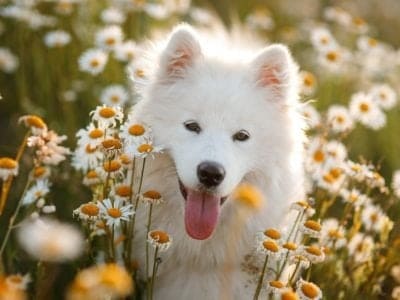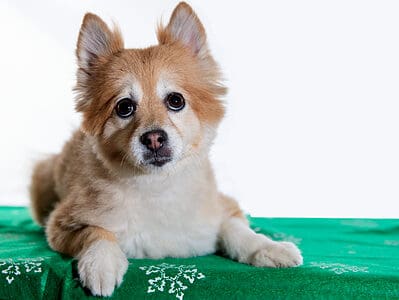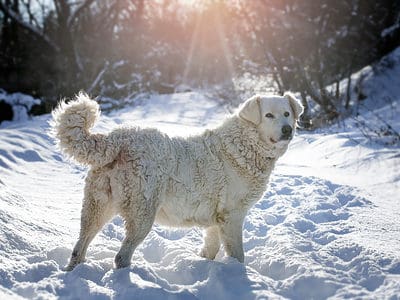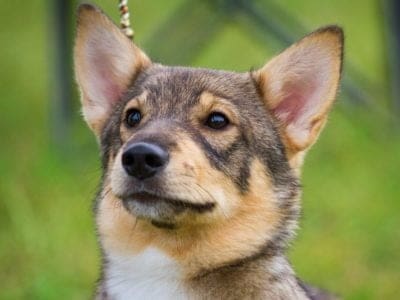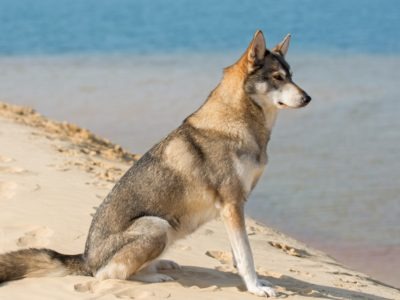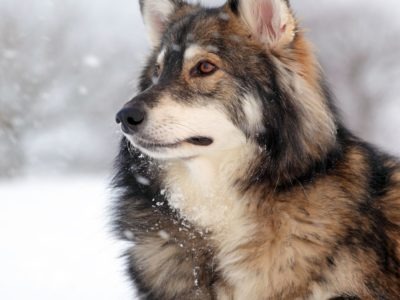A pet is a domesticated animal that lives with an individual or family. There are popular, well-known pets like dogs and cats. Alternatively, there are less common pets sometimes called exotics such as snakes, turtles, and iguanas. Whether a pet is common or exotic, it can offer pleasure and joy to a household. In this article, we will provide a list of pets.
10 Characteristics of Pets
What makes an animal a pet? For example, we know there are snakes that live in the wild and there are snakes kept as pets. There are certain characteristics that differentiate a pet from an animal living in the wild. Below we have provided a compete list of pets.
- Dependent on Humans to Live – A pet needs to be given food, water, and shelter by its owner. Being domesticated means the animal depends on its owner for all of its care.
- Lives in a Home – A pet lives in a home. Some pets such as parakeets and hamsters live in cages. Alternatively, dogs and cats wander freely around a home and may have their own bed to sleep in.
- Needs a Veterinarian’s Care – Pets need care from a veterinarian. The type of healthcare a pet needs depends on what type of pet it is. An iguana and a beagle need completely different types of vet care!
- Some Pets Can Be Trained – A dog can learn how to sit, stay, and heel in a course of obedience training. Parrots can be taught to talk, and some cats can be taught by humans to do tricks.
- Devoted to Its Owner – Pets are often devoted to their owners. They can establish a trust with their owner over time. In fact, some pets want to be with their owners 24/7!
- Provides Companionship – A pet is meant to be a companion to its owner.
- Pets are Different from a Therapy Animal – A therapy animal receives specific training in order to provide support and care to its owner. As an example, some therapy dogs are trained to recognize the signs of a seizure in their owner. The dog responds by trying to get the person to a safe place. Alternatively, a pet is there strictly as a companion.
- Different from a Farm Animal – A cow or a chicken living on a farm serves a specific purpose. A cow provides milk while a chicken lays eggs to be eaten or sold. This makes farm animals a little different than traditional pets.
- Can Be Common or Uncommon – When you think of a pet you probably picture a dog, a cat, a bird, a fish, or a gerbil. Those are common choices for pets. Some people prefer less common or exotic pets such as snakes, iguanas, spiders, and ferrets. As long as an owner can offer appropriate care, many animals can live happily as pets.
- Cannot Survive in the Wild – One of the main characteristics separating pets from other animals is a pet can’t survive in the wild. It has been domesticated or raised under a person’s care. So, releasing a pet snake into the wild doesn’t mean it will know how to find food or shelter. In fact, it will likely die.
List of Popular Pets: The Pros and Cons
Some pets are particularly popular in the United States. Look at some of the pros and cons of each one.
Dogs
When it comes to the most popular pet in the United States, dogs are the clear winner!
Pros of Having a Dog As A Pet
- One of the pros of choosing this pet is there are hundreds of breeds of dogs to choose from so it’s easy to find the right fit your household.
- Another pro is a dog can be a loyal companion that can guard your property as well.
- Many people appreciate the unconditional love offered by many pet dogs.
Cons of Having a Dog As A Pet
- The high costs of vet care and food for a dog can put a strain on the household budget. This depends a lot on what breed of dog you choose.
- Another con is some dogs shed more than others and can leave a lot of hair behind on the furniture. Be sure to check the shedding level of the dog breed you’re interested in if this is a concern.
Cats
A cat is another popular pet in the United States. These domesticated creatures are sleek, fast and always seem to have the wheels turning in their head!
Pros Of Having A Cat As A Pet
- Cats are low-maintenance pets in that they don’t need to be walked or taken to the park
- Cats are quiet animals, so you don’t have to worry about excessive noise in your home
- The monthly food bill for a cat is usually low because they aren’t known to need a large amount of food
Cons of Having A Cat As A Pet
- A cat has sharp claws that can damage upholstery, rugs and other furniture
- Male cats can spray urine in an effort to mark their territory. This can happen inside a home creating a big stink. Cats that are neutered are less likely to spray the environment.
- A cat that’s kept outside should be monitored because these animals can easily be hit by a car if they wander out into the road
Rodents
This category includes hamsters, gerbil, mice, rats, and guinea pigs.
Pros of Having Rodents As Pets
- Hamsters, gerbils and other rodent pets are low-maintenance requiring less care than a larger pet.
- Rodents are playful creatures that can be fun to interact with or simply observe. For instance, guinea pigs have been known to let out a squeal when they hear their owner’s voice!
- Rodents and their cages are easy to move to other places in a home if you need to relocate it to another room
Cons of Having Rodents As Pets
- Rodents can sometimes escape their cage or habitat making it necessary to find creative ways to catch them
- A rodent’s cage can take on an odor if you don’t establish a regular cleaning schedule
- If you get a male and female gerbil, hamster, etc. without realizing it, you can end up with a cage full of babies!
- Some rodents like hamsters are nocturnal so they can make a lot of noise at night spinning on their wheel or digging in their bedding
Fish
Fish are popular pets in the United States because they are interesting and beautiful creatures.
Pros of Having Fish As Pets
- There are plenty of fish that are easy to care for and make a great first pet for a family
- Setting up and decorating a fish tank can be a fun, creative project for the whole family
- Whether it’s freshwater fish or a tropical fish, the options are endless!
- Setting up the right lighting for your aquarium can show off the colorful fins of your fish
Cons Of Having Fish As Pets
- Some fish get sick very easily and can quickly pass germs to other fish in the tank causing them to die
- Emptying a large fish tank to clean it can be a hassle but is necessary to keep the fish healthy
Birds
Parakeets are a common choice for families who want to keep pet birds. Parrots, cockatiels, finches, canaries, and doves are other pet birds popular in the United States.
Pros Of Having Birds as Pets
- Some birds can be taught to talk, sit on your finger and otherwise interact with family members
- Birds are colorful and fun to watch as they chatter with one another
- The food costs for a bird are very low
Cons of Having Birds as Pets
- Birds can throw around a lot of seed requiring regular vacuuming and clean-up of the area
- Some birds squawk very loudly which can create a noisy household. Parrots can get especially loud if they feel they’re being ignored!
- Birds need to exercise outside of the cage and it may difficult to get them back into their habitat. It’s a good idea to train them to return to the cage with a special signal like shaking their box of food
- Birds can become sick if they are kept in a place that is exposed to cold drafts. They need special consideration during the cold weather months
Exotic Pets
Some pets are considered exotic pets because they need special care to stay healthy. Some examples include:
Turtles
The eastern box turtle, western painted turtle and the Red-Eared Slider are all turtles that are kept as pets in households. A turtle is considered an exotic pet because it needs moisture, light and the right kind of food. In short, you can’t just put it into a cage with bedding like it’s a hamster! Plus, turtles have a long lifespan if you take care of them correctly. Keep that in mind if you plan to get a turtle for a pet. Turtles can live for 30, 40 or more years!
Iguanas
An iguana is a popular exotic pet that requires a specific type of care to keep it healthy. For one, it needs warmth and light to thrive. They can live for 20 years if they receive the proper care.
Snakes
Though snakes aren’t high on the list of common pets, they are kept in many households. Corn snakes, milk snakes and ball pythons are some typical choices. The temperature in a snake’s cage needs to be monitored and it must receive the right type and amount of food to stay healthy.
Ferrets
Ferrets are growing in popularity as exotic pets because they are playful and intelligent. They can be mischievous but are known to be loyal to their owners. Ferrets do have a strong bite so it’s best to find a young one to socialize it properly.
Tarantulas
A tarantula is another exotic pet that needs a particular kind of care to survive in a home. Some species of tarantula need moisture so misting the habitat is necessary. They like to hide and are really quiet, gentle animals. With the right care they can live up to 20 years.
All Pets

Abyssinian
One of the oldest cat breeds in the world!

Affenpinscher
First bred in 17th century Germany!
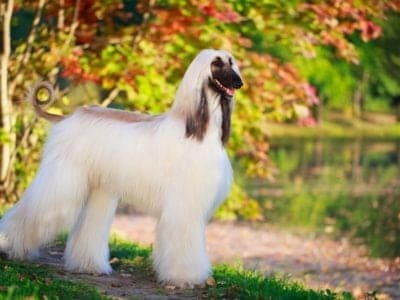
Afghan Hound
First used as a shepherd and hunter!
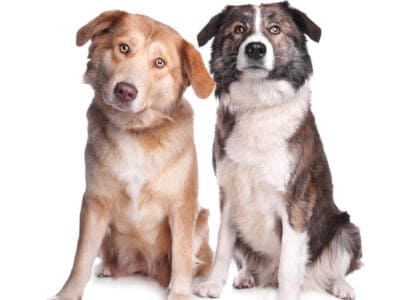
Aidi
The Aidi's cheerful personality and relaxed temperament are just two reasons why this dog is a good choice for families with kids.
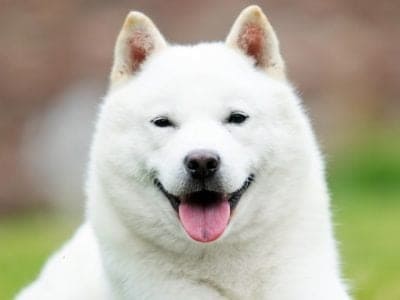
Ainu
An innate sense of direction!
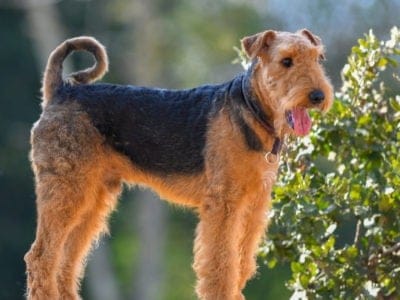
Airedale Terrier
Very intelligent, independent and strong-minded!

Airedoodle
This is a great pooch for rough-housing and one-to-one.
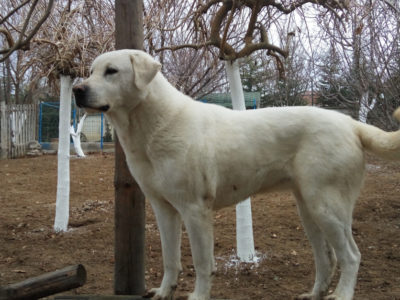
Akbash
Often used as a guard dog!

Akita
Very clean, intelligent and loyal!
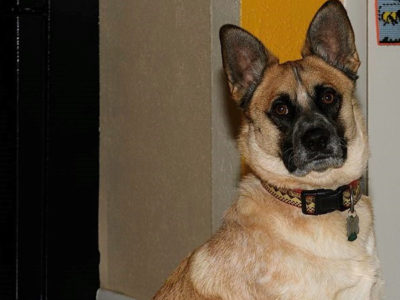
Akita Shepherd
The Akita Shepherd descends from a lineage of working dogs.
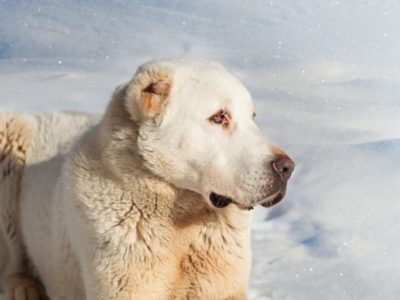
Alabai (Central Asian Shepherd)
The Alabai’s genes indicate that this breed has been around for more than 5,000 years.
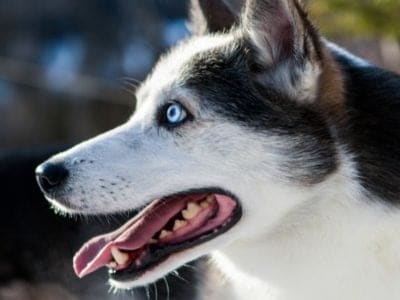
Alaskan Husky
The Alaskan Husky is one of the most common sled dogs in the world
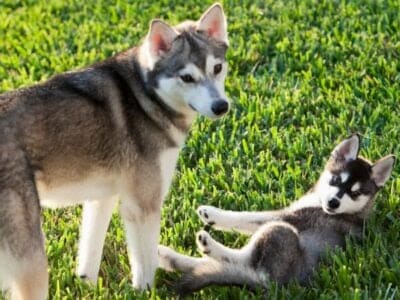
Alaskan Klee Kai
Alaskan Klee Kais love to communicate with their families. In addition to barking, they make other vocalizations, such as yodeling and howling.
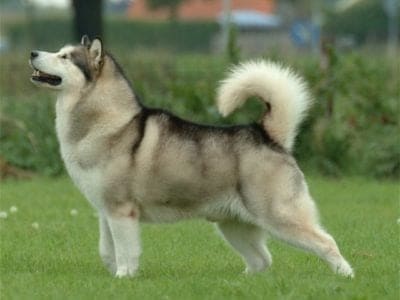
Alaskan Malamute
Often used as sled dogs!
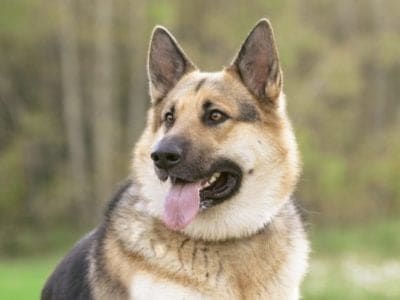
Alaskan Shepherd
This dog’s Malamute ancestors once came to America across the Bering Strait.
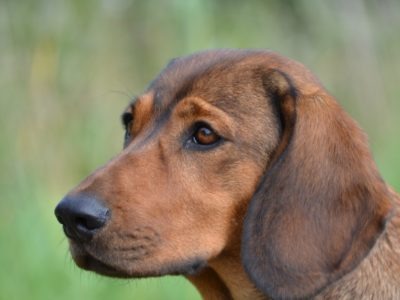
Alpine Dachsbracke
Good companion and hard-working breed!
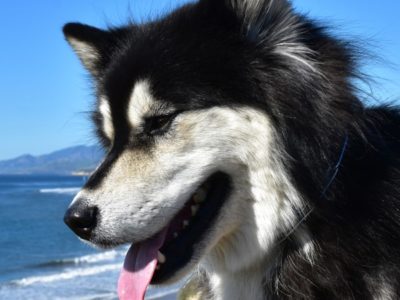
Alusky
An Alusky loves to dig, so make sure your fence is planted deep in the ground to prevent any escapes!
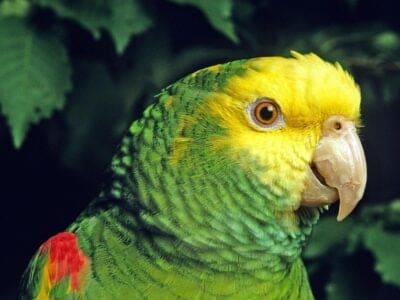
Amazon Parrot
These parrots can be trained to be "talking birds" that mimic human speech
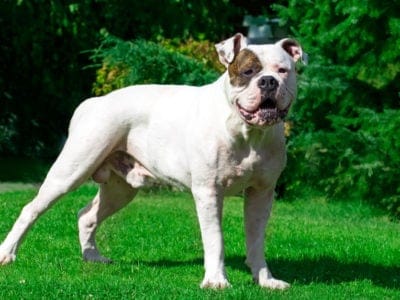
American Bulldog
Can jump up to 6ft high!

American Cocker Spaniel
Merry, outgoing, and eager to please!

American Coonhound
Easygoing and people-friendly!
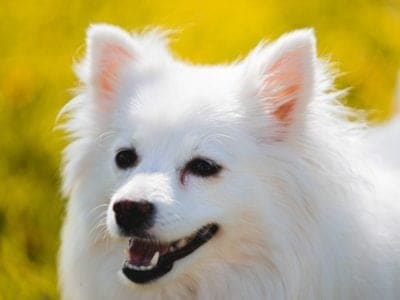
American Eskimo Dog
The American Eskimo has splendid all white fur and an upturned tail

American Foxhound
Sweet, kind, loyal, and very loving!
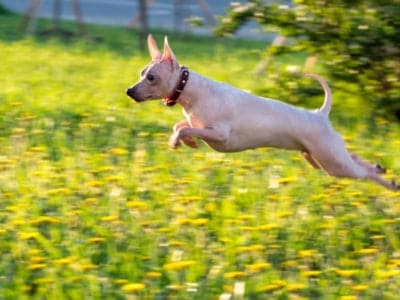
American Hairless Terrier
The American hairless terrier comes in two varieties with one having a very short coat.
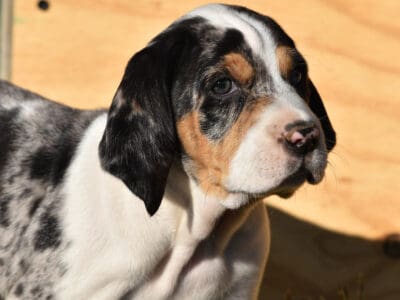
American Leopard Hound
This breed is also known as the American Leopard Cur. The name was formally changed to American Leopard Hound in 2008.
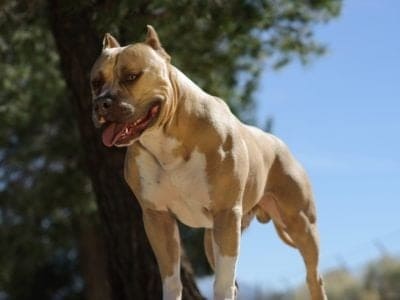
American Pit Bull Terrier
These dogs are very energetic and would be up for a game at any given point of time
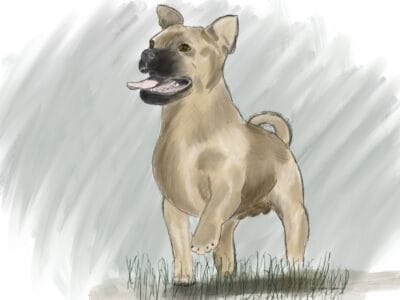
American Pugabull
American Pugabulls are medium-sized dogs that weigh between 25 to 70 pounds, and their height measures 12 to 20 inches at the shoulder.
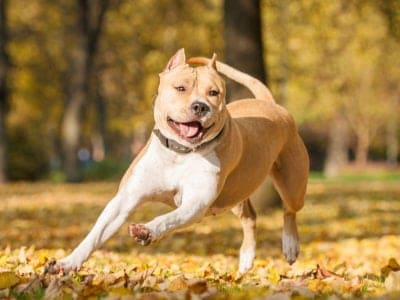
American Staffordshire Terrier
Bred to be extremely friendly!
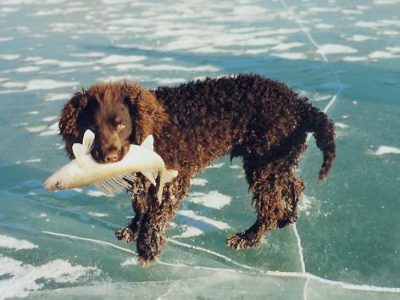
American Water Spaniel
Friendly and intelligent!
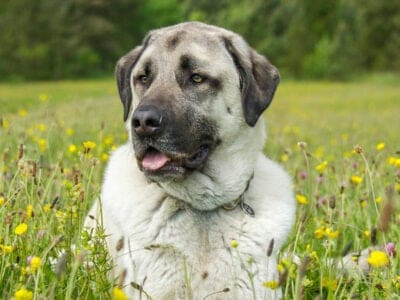
Anatolian Shepherd Dog
Guards it's master's flocks!
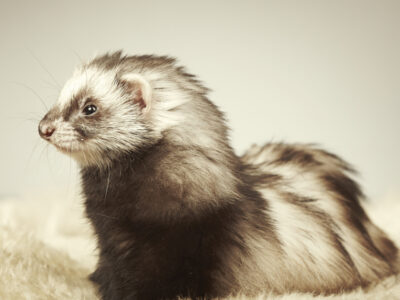
Angora Ferret
Was created as an accident.

Appenzeller Dog
Herding dog by nature!

Apple Head Chihuahua
Apple Head Chihuahuas are toy breed dogs with a history dating back to ancient Mexico. They are lovable, loyal, smart and courageous with a lengthy lifespan despite being the world's smallest canines.
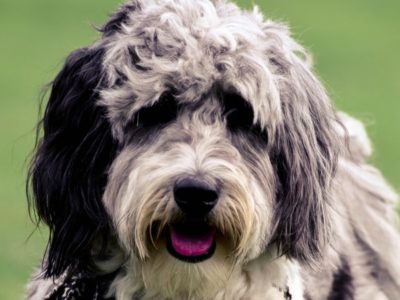
Aussiedoodle
The breed has its own popular Instagram page (Aussiedoodles Daily)!

Aussiedor
Aussiedors come in black, brown, cream, yellow, and almost every imaginable color due to their parentage!

Australian Bulldog
The Aussie is a strong swimmer, a good workout in nice weather.
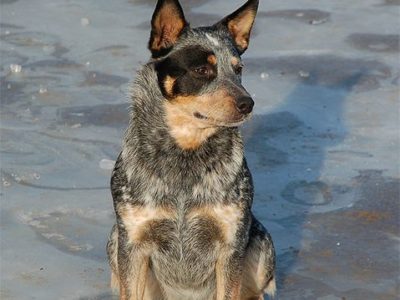
Australian Cattle Dog
High energy levels and active minds!
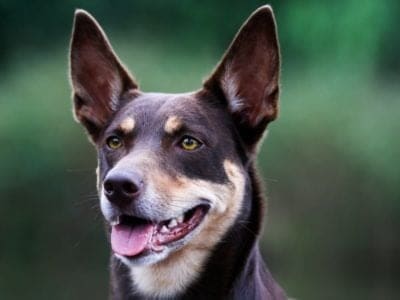
Australian Kelpie Dog
Friendly, intelligent and energetic!

Australian Labradoodle
The "Australian" just refers to where the breed originated

Australian Mist
The only cat breed to originate in Australia.
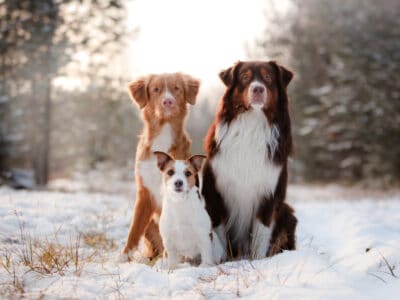
Australian Retriever
The Australian Retriever may have two different eye colors.
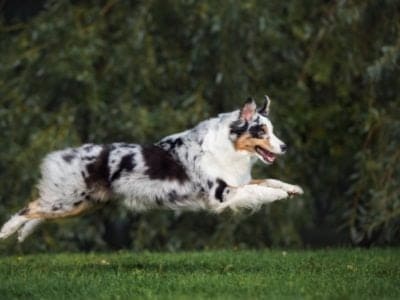
Australian Shepherd
Sweet, faithful and affectionate!
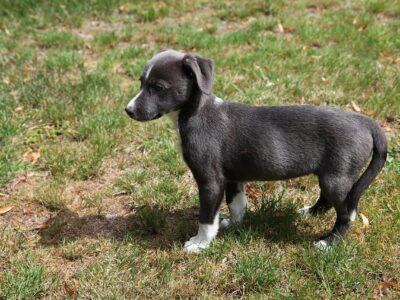
Australian Shepherd Mix
This hybrid has powerful herding skills, which come with guarding instincts, so some Aussiedors may be protective of their loved ones.
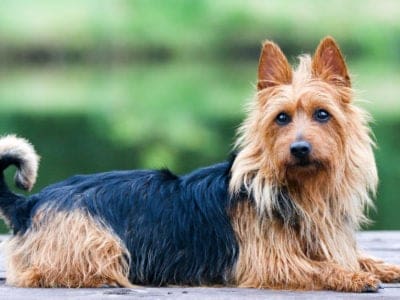
Australian Terrier
Spirited, alert and courageous!
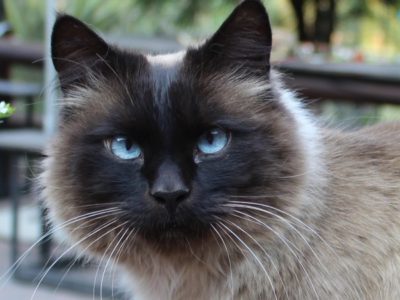
Balinese
Playful and energetic breed!
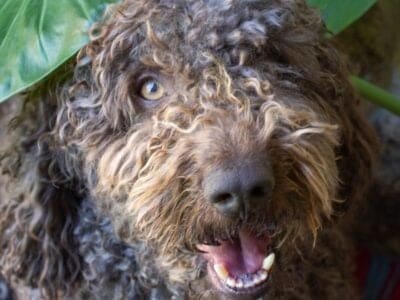
Barbet
This dog has the nickname ‘Mud dog’ because it likes to play in muddy, swamp-like areas.
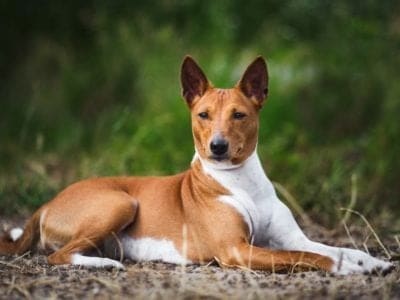
Basenji Dog
Alert, affectionate and energetic!

Bassador
This dog is also known as a Bassetdor or a Basset Lab.

Basset Fauve de Bretagne
A friendly and intelligent hunting dog that loves nothing more than to spend time with its owner.
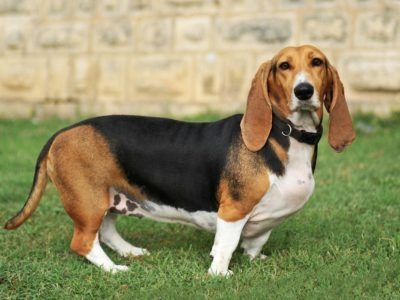
Basset Hound
Forget the training when not rewarded!

Bassetoodle
Basset hounds have been around since the 7th century, but the bassetoodle made its first appearance in the 2000s.

Bavarian Mountain Hound
Calm, quiet and poised!

Bea-Tzu
The Bea-Tzu has a fast-growing coat
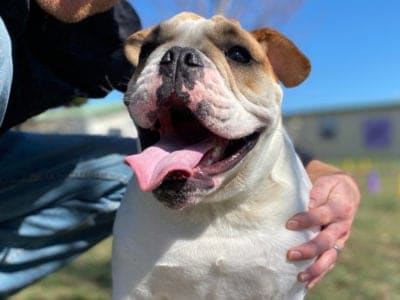
Beabull
An excellent companion for cats!

Beagador
Beagadors like to dig, so make sure your garden has a good fence around it!
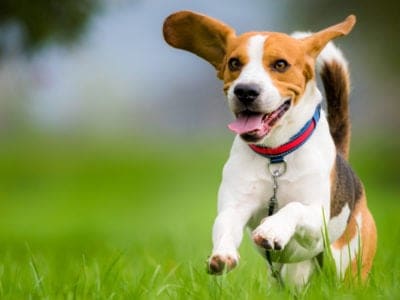
Beagle
Have become popular family pets!

Beagle Mix
Reagles are the best students as they love to learn new tricks, so training them is a breeze.
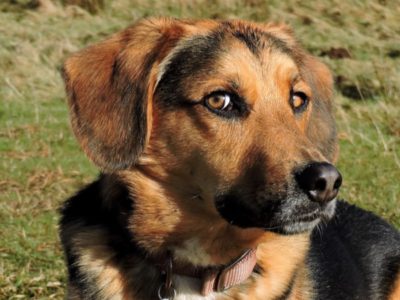
Beagle Shepherd
This dog can perform a wide range of exotic and acrobatic tricks that are not expected of a dog this size.

Beaglier
These dogs have great sniffer abilities

Beago
Beagos are good swimmers like their Golden Retriever parent.
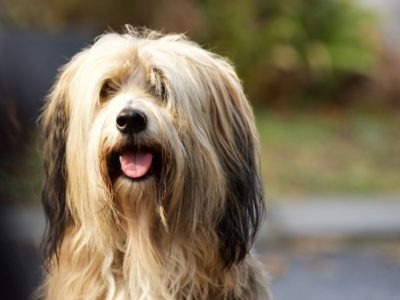
Bearded Collie
Weekly brushing is mandatory!

Bearded Dragon
Can grow to up 24 inches long!
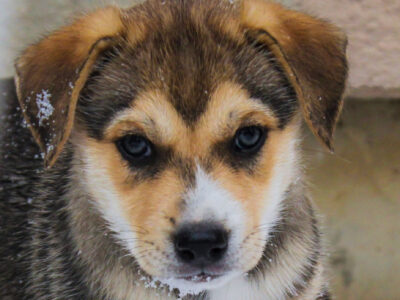
Beaski
Beaskis love to play, so get ready to go on plenty of long walks.

Beauceron
The Beauceron is named after the place of its origin (Beauce) in France

Bedlington Terrier
Highly active and intelligent dogs!

Belgian Malinois Mix
These Belgian Malinois mixes can be scary when they are threatened. But it's important to note that they know when aggression is necessary. In other words, they will not attack unless they sense danger.
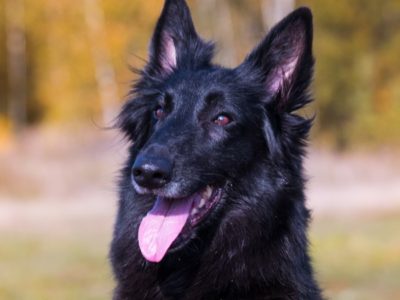
Belgian Shepherd
The sheepdog is also known as the Groenendael. All four Belgian varieties have nicknames for Belgian villages.
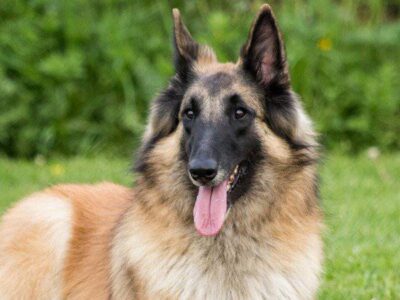
Belgian Tervuren
The first breed to win an AKC Herding Championship.
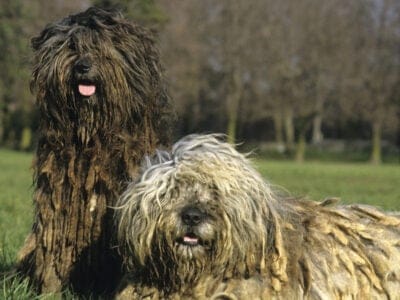
Bergamasco
Bergamascos are excellent problem solvers; they were bred to be independent as they work alongside their nomadic shepherd owners.
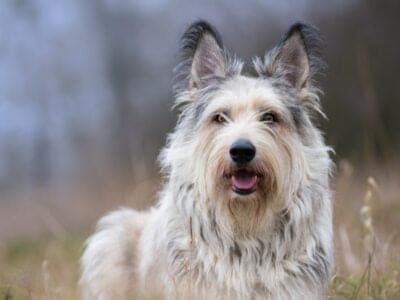
Berger Picard
Berger means shepherd in French
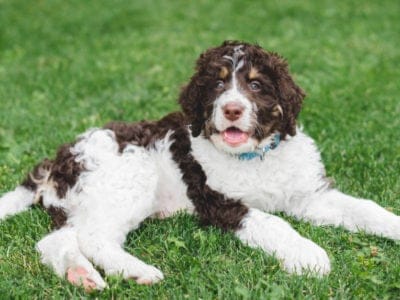
Bernedoodle
The Bernedoodle was first bred in 2003 to create a dog with a similar temperament to the Bernese Mountain Dog that would have a longer lifespan.
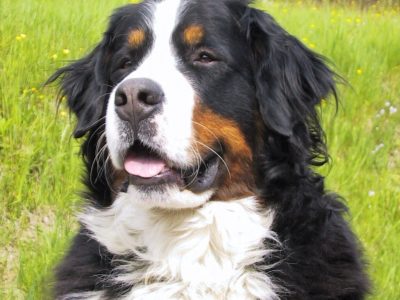
Bernese Mountain Dog
Very loyal, faithful and affectionate!

Bernese Mountain Dog Mix
This Bernese mountain dog mix gets very attached to its loved ones and demands plenty of attention.
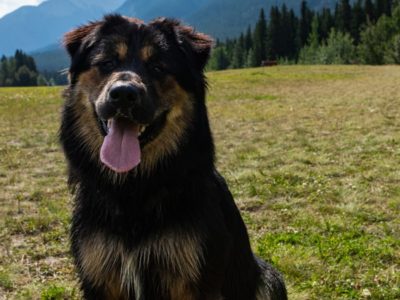
Bernese Shepherd
Bernese shepherds prefer cool climates
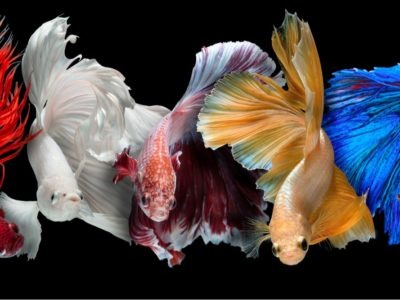
Betta Fish (Siamese Fighting Fish)
Can live in low-oxygen environments!
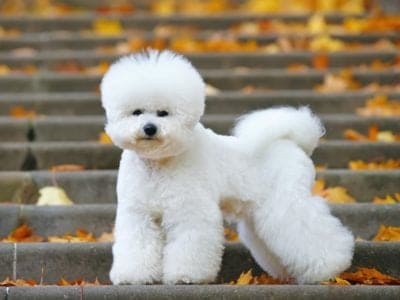
Bichon Frise
Gentle mannered, playful and affectionate!

Bichpoo
Despite its small size, the alert nature and sharp bark of this canine make it a good watch dog.
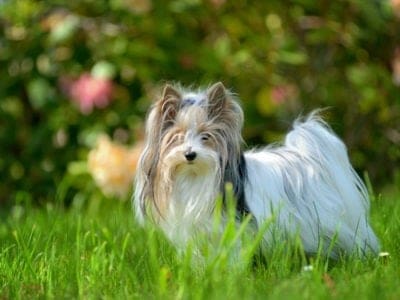
Biewer Terrier
A toy terrier dog and is elegant and tri-colored.
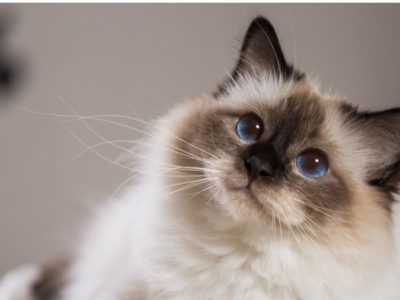
Birman
A blue-eyed beauty!

Black And Tan Coonhound
This dog has its own unique howl.
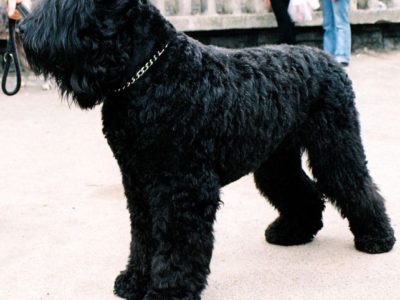
Black Russian Terrier
Confident, calm and highly intelligent!

Bladefin Basslet
The tiny bladefin basslet belongs to the same subfamily as the giant grouper, Epinephelinae.
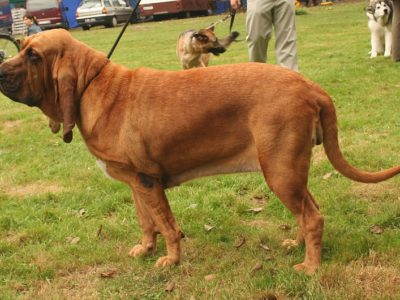
Bloodhound
Affectionate, gentle and even-tempered!

Blue Lacy Dog
Originated in Texas in the mid 1800s!
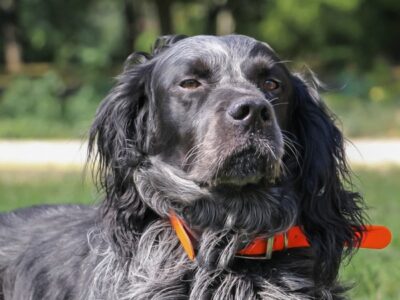
Blue Picardy Spaniel
The Blue Picardy is also known as the Epagneul Bleu de Picardie in French

Bluetick Coonhound
Has an uncanny knack for problem-solving!

Boggle
Boggles at animal rescues are often mistaken for pitbulls because they have a similar facial structure.

Boglen Terrier
Boglen terriers are also occasionally known as boggles.

Bolognese Dog
From the northern Italian city of Bologna!
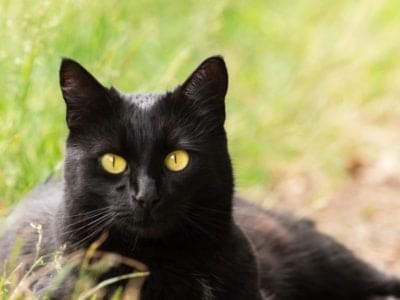
Bombay
Bred to look like a black panther!
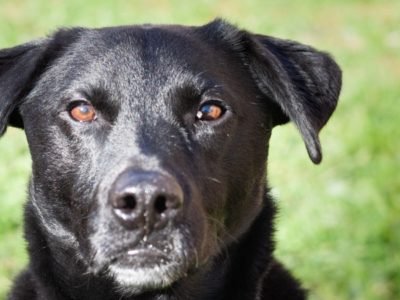
Borador
Boradors make excellent police dogs and are used often on search and rescue missions.
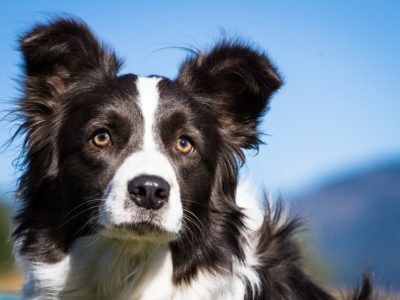
Border Collie
Highly intelligent and alert breed!
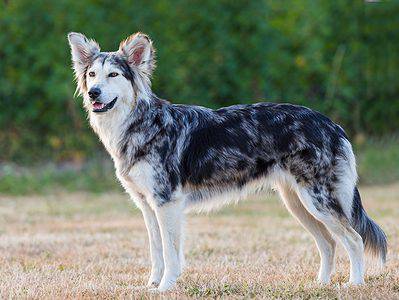
Border Collie Mix
Because the border collsky's parent breeds were hardworking dogs, mainly used to herd animals and pull sleds, they will need proper socialization to cope with new people.
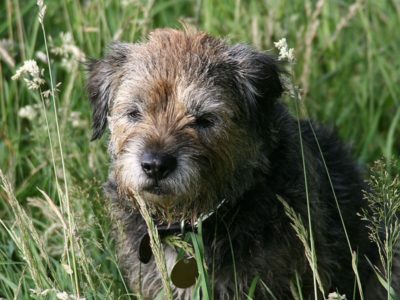
Border Terrier
Small, rough-coated breed of terrier!
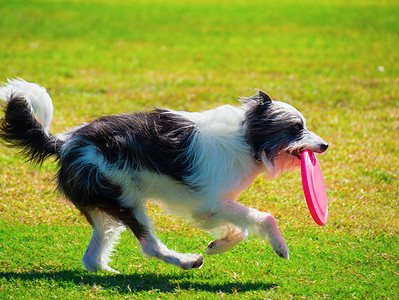
Bordoodle
Bordoodles are much quieter than other Doodles and require far less exercise.

Borkie
Most Borkies inherit the signature howl of their Beagle parent.
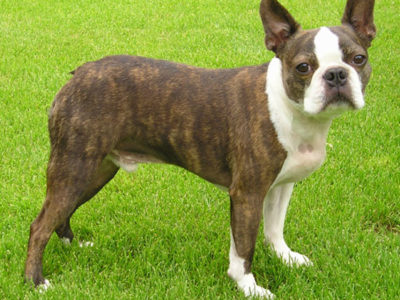
Boston Terrier
Friendly, lovable and very strong!
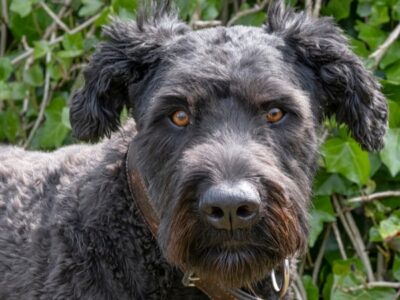
Bouvier Des Flandres
A Bouvier cannot achieve a champion title in Belgium unless it has already won a prize as a working police or military dog.

Boxador
Boxadors are extremely smart and catch onto backyard games very quickly!

Boxer Dog
Bright, energetic and playful!

Boxer Mix
If cared for properly, boxadors can live for 10 to 15 years.

Boxerdoodle
The Boxerdoodle has a strong hunting dog lineage.
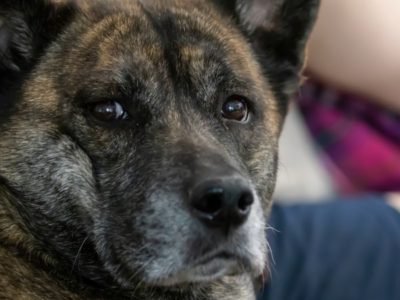
Boxsky
Boxers were bred to be working war dogs, and their boxsky descendants still love to help out on ranches and other outdoor jobs.
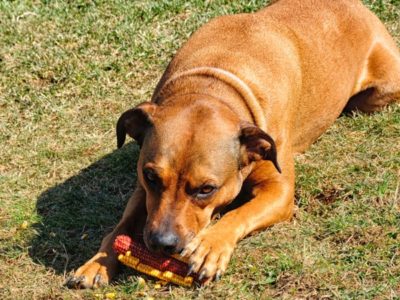
Boxweiler
Boxweilers come in a variety of colors, but they usually feature the subtle brindle pattern that their boxer parents are so famous for.
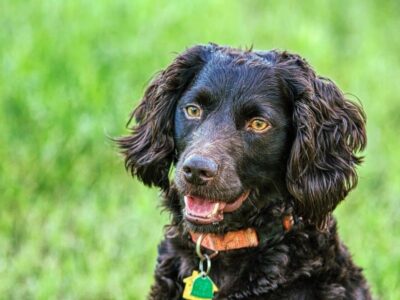
Boykin Spaniel
Enthusiastic working dog!
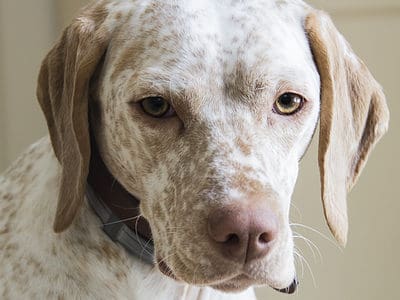
Braque du Bourbonnais
This breed almost went extinct during the World Wars but was revived in the 1970s.
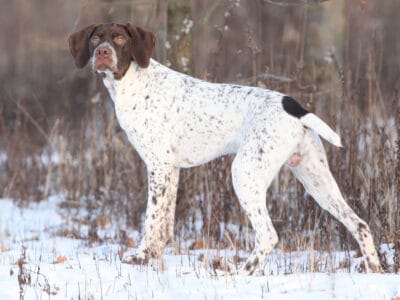
Braque Francais
The Braque Francais will not warn you of any potential threats but, instead, will try to befriend the stranger.
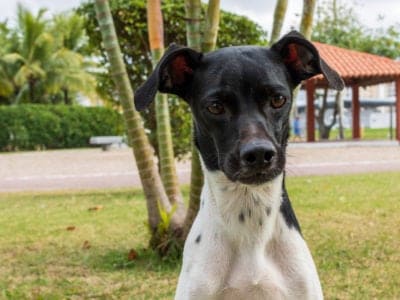
Brazilian Terrier
Small body and tri-coloured coat!

Brittany
The breed was formerly known as the Brittany spaniel

Brug
These small, confident dogs have no fear of approaching much larger dogs.

Brussels Griffon
The Brussels Griffon prefers to live with another dog so they have a companion to play with.
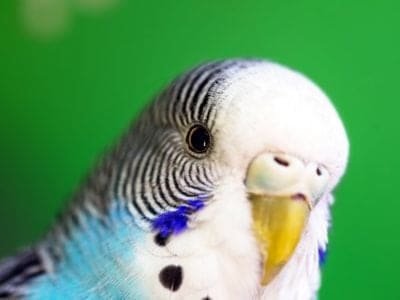
Budgerigar
Natively found in Australia!
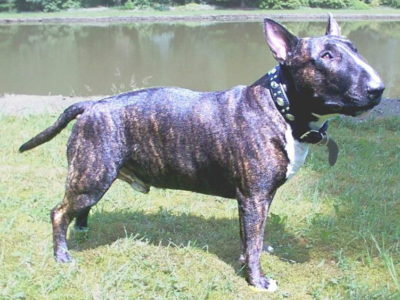
Bull Terrier
Needs to be kept active!
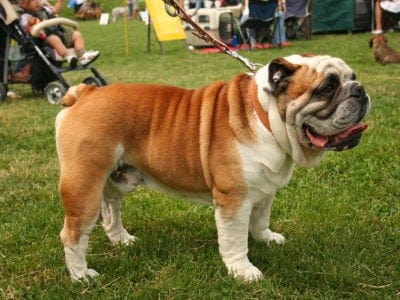
Bulldog
Friendly, loving and docile!
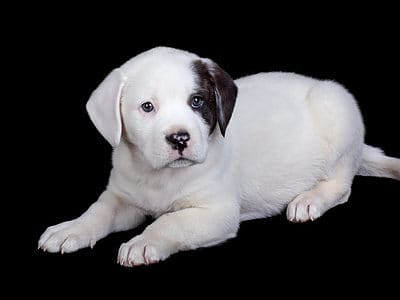
Bulldog Mix
Bulladors are notorious for having the best traits and mannerisms from both parents, as they are usually friendly, playful, and sociable.
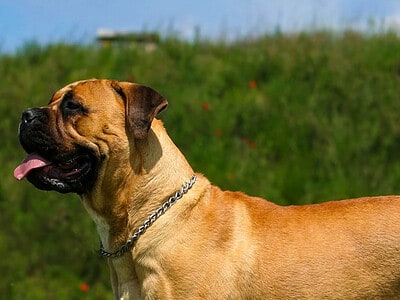
Bullmastiff
Courageous, loyal and calm!
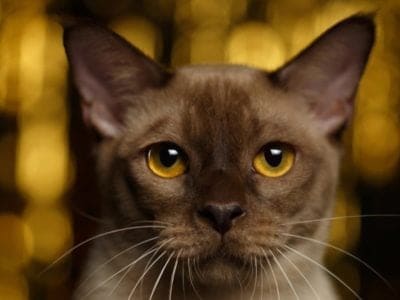
Burmese
Adoring, elegant and affectionate!
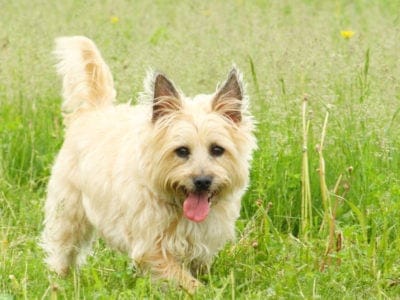
Cairn Terrier
Intelligent, lively and strong!
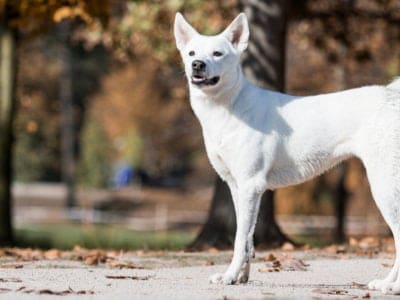
Canaan Dog
Has a strong survival instinct!
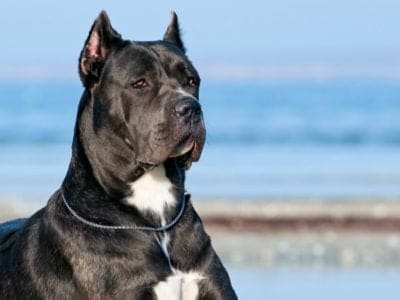
Cane Corso
Cane Corsos nearly became extinct in the mid 1900’s, but the breed was revived by a group of Italians. Even so, they still didn’t become known in many other parts of the world until after 1988.

Carolina Dog
Wild dog breed discovered in the 1970s!
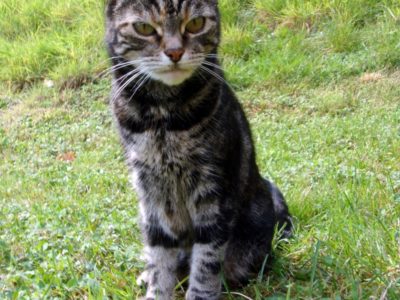
Cat
May have been domesticated up to 10,000 years ago.
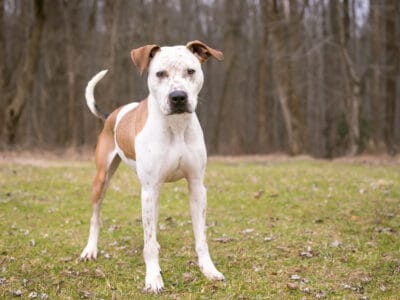
Catahoula Bulldog
Catahoula bulldogs are a medium to large-sized breed and weighs between 75 to 100 pounds!
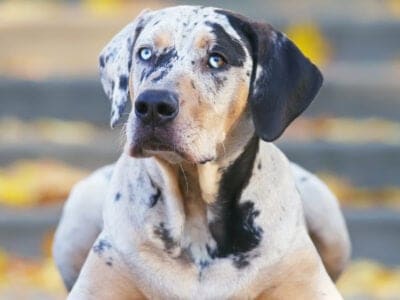
Catahoula Leopard
The state of Louisiana's only native dog breed
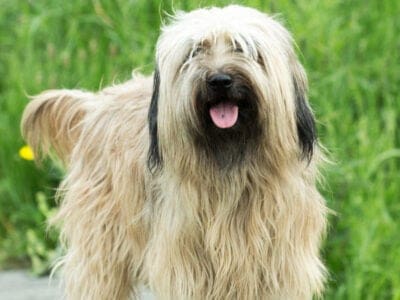
Catalan Sheepdog
This breed is called the Gos d’Atura Catala in native Catalan and Pastor Catalan in Spanish, both of which roughly translate to mean Catalan Sheepdog
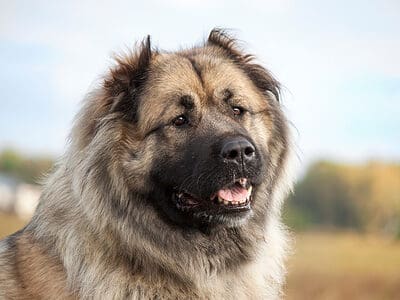
Caucasian Shepherd
These former bear-hunting dogs are used today as prison guard dogs in Russia.

Cava Tzu
Females are more territorial than males, but you can train this behavior out of them.
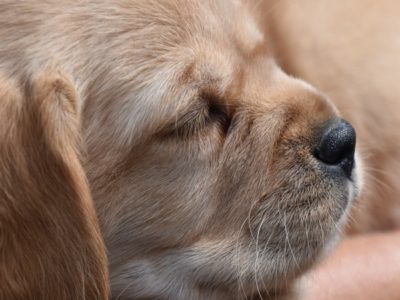
Cavador
A great companion for the whole family!
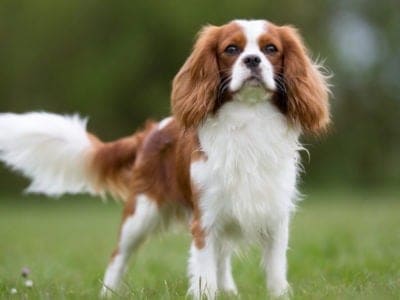
Cavalier King Charles Spaniel
Highly playful and affectionate!

Cavapoo
The temperament of a Cavapoo allows this breed to make an excellent family dog as well as a great therapy dog.
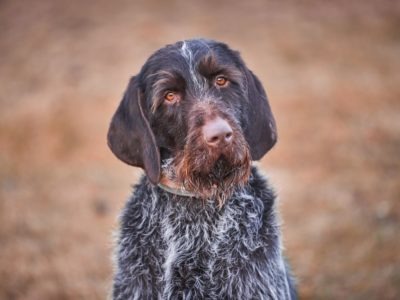
Cesky Fousek
An affectionate hunting dog!

Cesky Terrier
This breed is also known as the Bohemian Terrier (Bohemia was an historical Medieval kingdom and a region of the modern Czech Republic)

Cheagle
Some Cheagles have an excellent sense of smell.
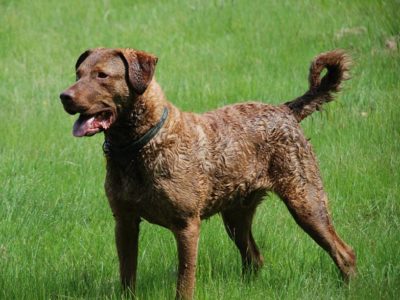
Chesapeake Bay Retriever
Bright and happy disposition!

Chihuahua
Curious and devoted personality!
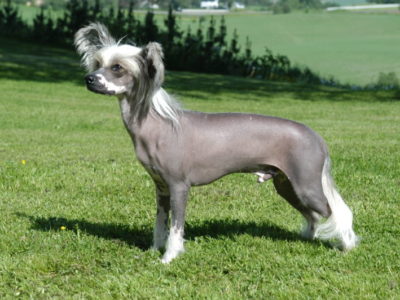
Chinese Crested Dog
A hairless breed of dog!

Chinese Shar-Pei
These dogs have blue and black tongues!
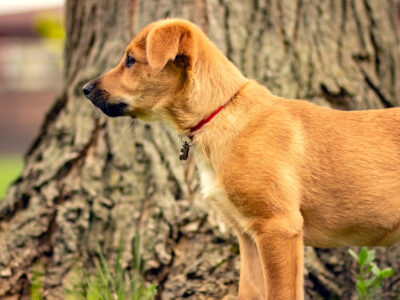
Chinook
A calm and friendly breed!

Chipit
While good with older children, the chipit does not like other pets unless they were socialized from a young age.
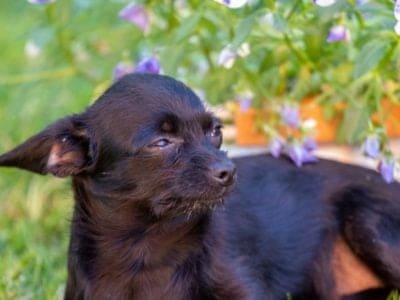
Chipoo
The Chipoo was first bred in the 1970s

Chiweenie
Chiweenies travel especially well.
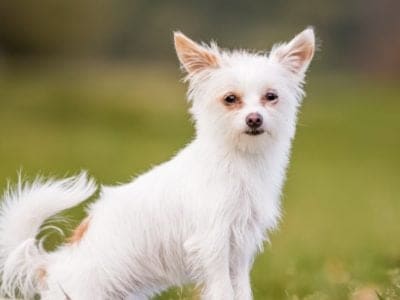
Chorkie
Chorkies are very fond of their owners and will love to sit in their laps for long amounts of time!

Chow Chow
Loyal and affectionate to it's family!

Chow Shepherd
The Chow Shepherd is also known as the Sheprachow.
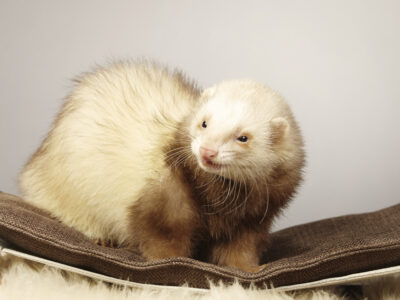
Cinnamon Ferret
A ferret’s heartrate is 200 to 250 beats a minute.
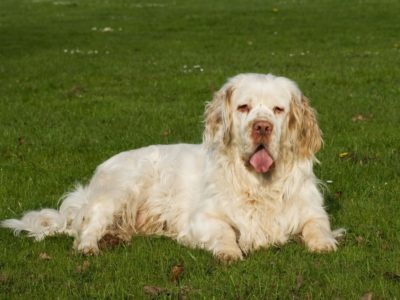
Clumber Spaniel
Has a thick, soft coat!

Cockalier
The Cockalier has very strong hunting ancestry.
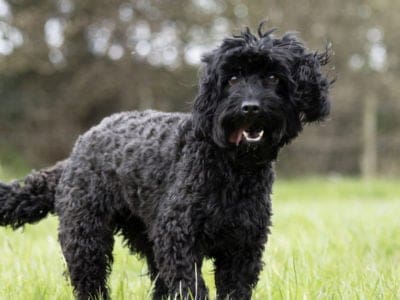
Cockapoo
Cockapoos became popular in the 1960s as a sweet, family dog.
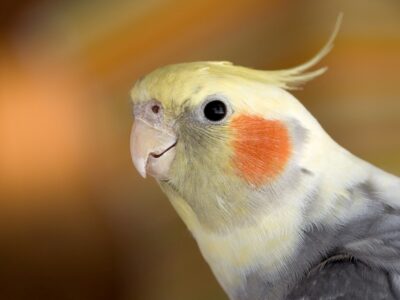
Cockatiel
They have crests that rise or fall depending on their emotions
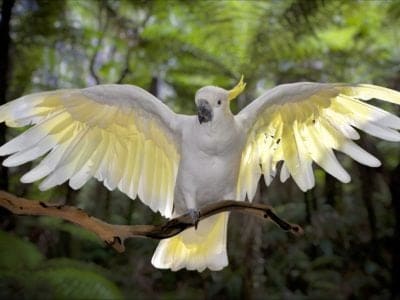
Cockatoo
Highly social, smart, and chatty bird.
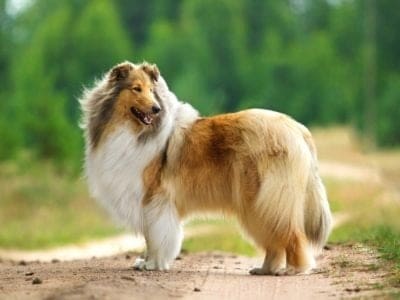
Collie
Gentle and devoted!

Corgidor
Corgidors are herding dogs that typically help out on cattle farms.
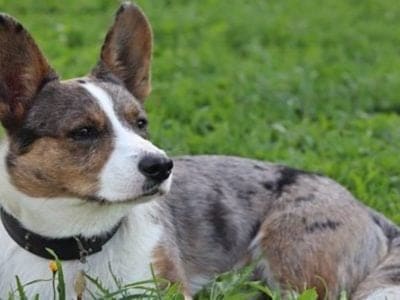
Corgipoo
These dogs are highly intelligent and are easy to train.
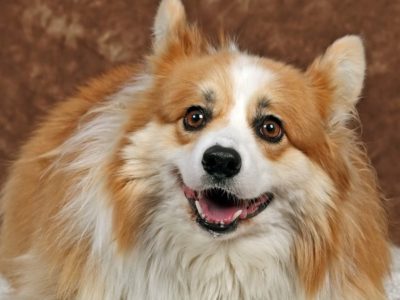
Corkie
One of the Corkie’s parent breeds, the Cocker Spaniel, was thought to have come over on the Mayflower.

Corman Shepherd
Corman Shepherds can be great watchdogs and are often very protective of their owners.
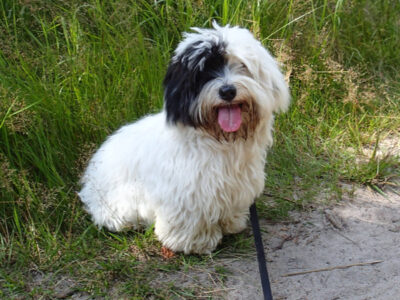
Coton de Tulear
The soft coat of the Coton de Tulear is the result of a singular genetic mutation early in the breed's development.
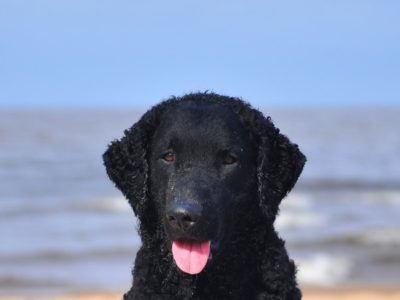
Curly Coated Retriever
A lively and fun-loving breed!
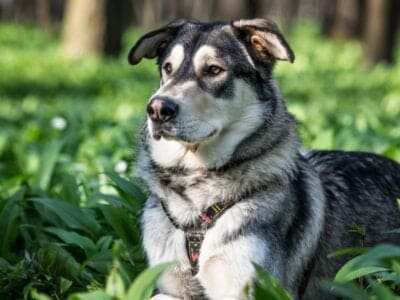
Czechoslovakian Wolfdog
This breed is also known as the Czechoslovakian Vlcak (the name for the German Shepherd).
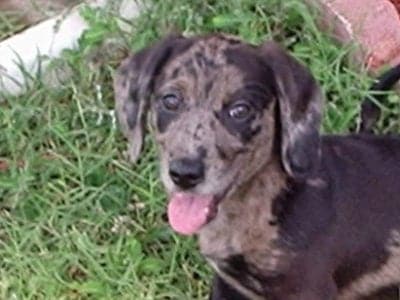
Dachsador
This hybrid dog is also known as a Doxador or a Weinerdor.
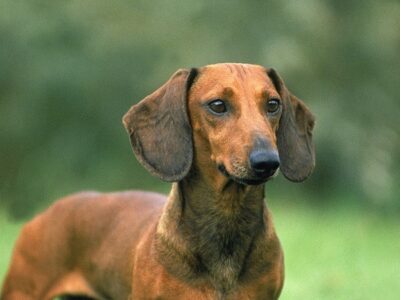
Dachshund
Fun and playful breed of small dog!
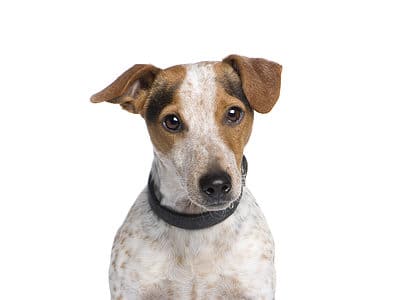
Dachshund Mix
This Dachshund mix is generally not suited for multi-pet homes because of their high prey drive.

Dalmadoodle
Dalmatians were originally bred to run alongside carriages, and their dalmadoodle descendents have the same long legs and high energy.
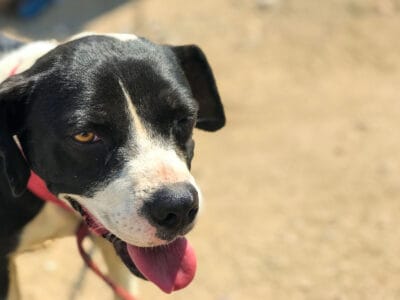
Dalmador
Dalmador breeding skyrocketed after the 16 release of the live-action 101 Dalmatians movie.
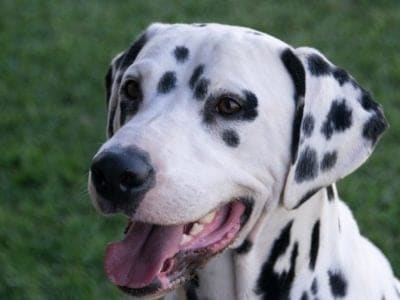
Dalmatian
Have an energetic and playful nature!

Dapple Dachshund
A Dapple Dachshund’s dappling pattern may be just one spot, or it may be numerous spots and splashes on their coat.
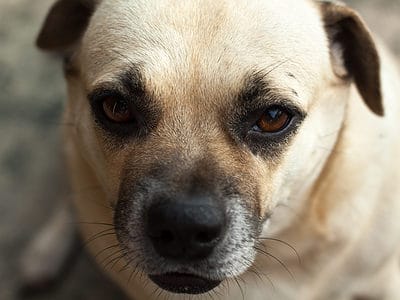
Daug
Because the Daug is so rare, they fetch a pretty penny. Dog lovers can pay up to $3,000 for one of these pups!

Deer Head Chihuahua
The Chihuahua is the smallest dog breed in the world.

Deutsche Bracke
Has long drop ears and a long narrow tail!
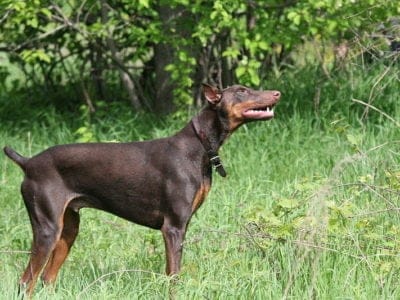
Doberman Pinscher
A gentle, loyal and loving breed!
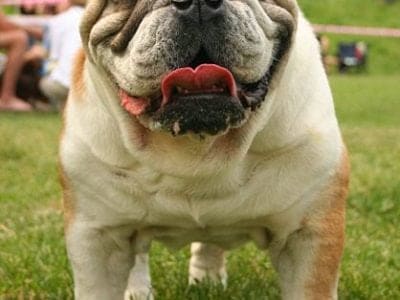
Dog
First domesticated in South-East Asia!
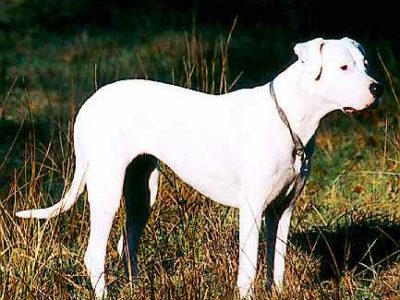
Dogo Argentino
Loyal and affectionate to their family!

Dogue De Bordeaux
Extremely loyal and devoted to it's master!

Dorgi
The Dorgi is one of the more popular mixed breed dogs.

Dorkie
Dorkies are so laid-back they sometimes need extra incentive to exercise each day.

Double Doodle
Exact origin unknown.

Doxiepoo
Doxiepoos are an unpredictable breed that can come in a variety of appearances and sizes.
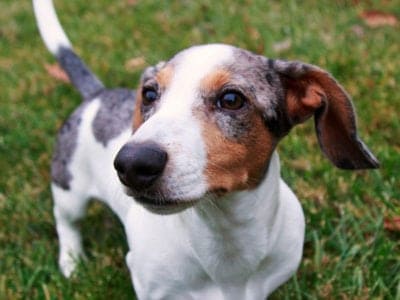
Doxle
Doxles have long floppy ears
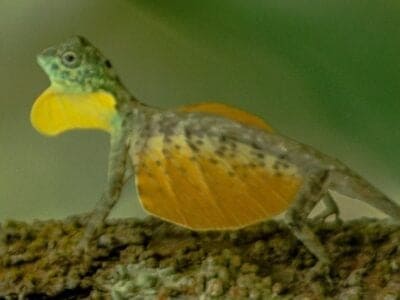
Draco Volans Lizard
Beneath the lizard’s “wings” are a pair of enlarged ribs for support.

Drever
Uncommon outside of Europe!
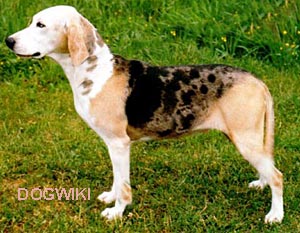
Dunker
A friendly and relaxed dog!
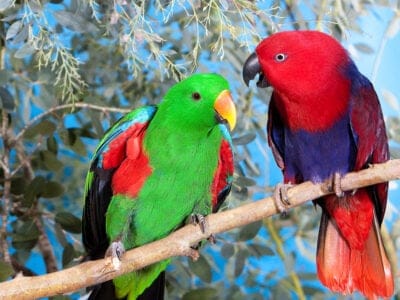
Eclectus Parrot
Does not squawk like other parrot species.
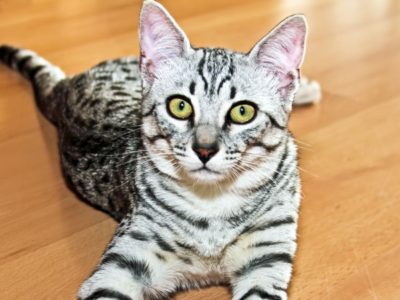
Egyptian Mau
An ancient breed of domestic cat!
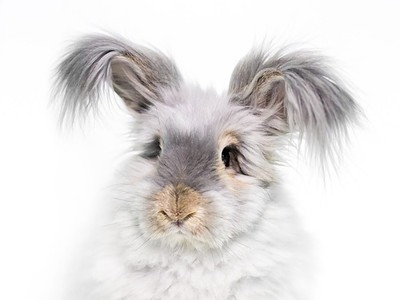
English Angora Rabbit
Pet angora rabbits are sometimes mistaken for fluffy dogs.

English Bulldog
Bulldogs were originally bred to “pin” bulls.

English Cocker Spaniel
Intelligent yet stubborn by nature!
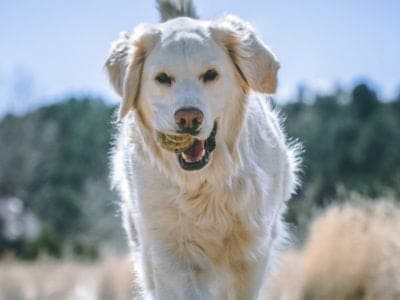
English Cream Golden Retriever
Although their coats can get incredibly light in color, golden retrievers never have purely white coats.

English Foxhound
English Foxhounds were bred to work and live in a pack. Because of this, this breed is happiest when they are around other dogs.
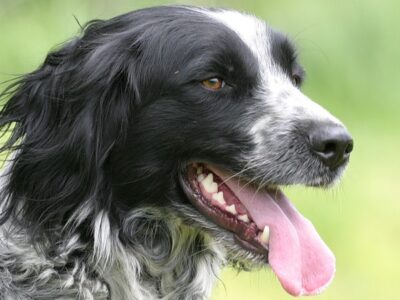
English Setter
English Setters were first bred between 400 and 500 years ago.
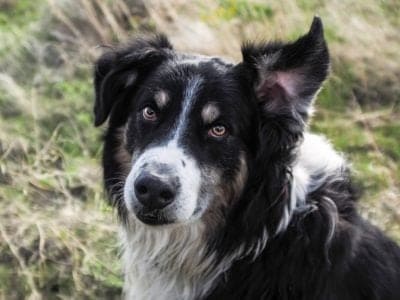
English Shepherd
Highly intelligent and independent!

English Springer Spaniel
Friendly and eager to please!
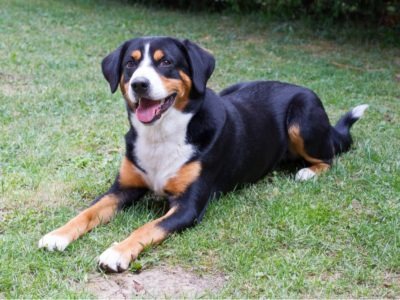
Entlebucher Mountain Dog
Native to parts of the Swiss Alps!
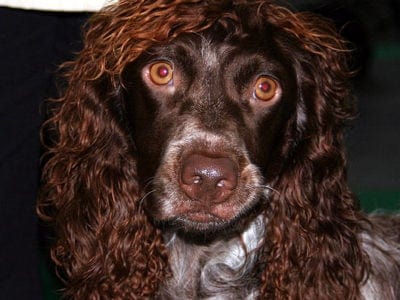
Epagneul Pont Audemer
Hard-working, gentle and affectionate!
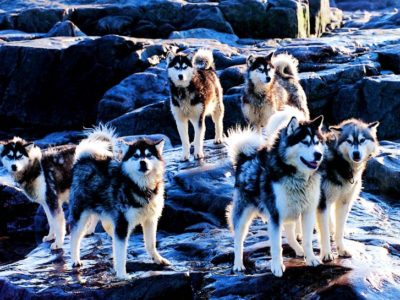
Eskimo Dog
Takes pure delight in cold weather!
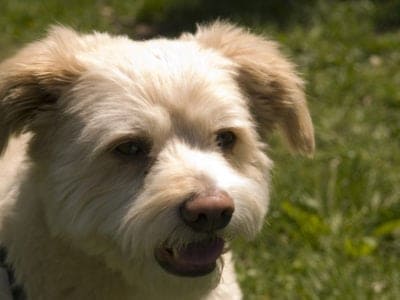
Eskipoo
Eskipoos are called pookimos by the American Canine Hybrid Club, Designer Dogs Kennel Club, and Designer Breed Registry.
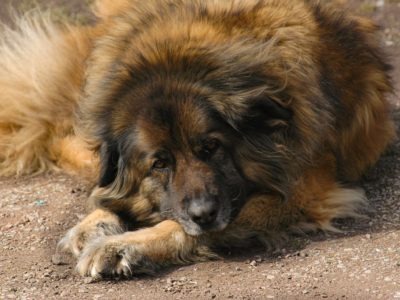
Estrela Mountain Dog
Very protective and stubborn!
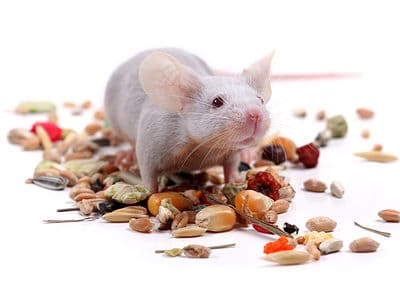
Fancy Mouse
Fancy mice are beloved pets with a history of domestication spanning thousands of years!
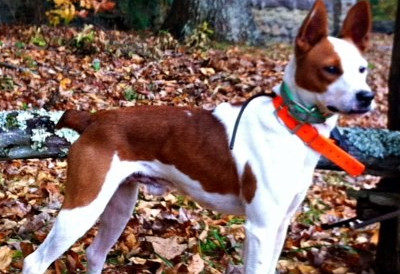
Feist
The word feisty derived from this type of dog.
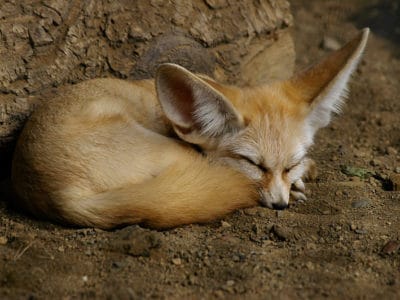
Fennec Fox
Found in the African Sahara Desert!

Ferret
Ferrets can be trained to do tricks like dogs!
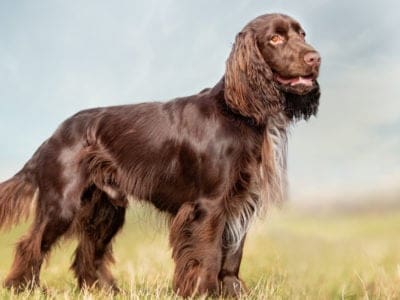
Field Spaniel
A sociable and adaptable breed!

Fila Brasileiro
The breed has a unique, cat-like gait, while females have a finer gait than males.
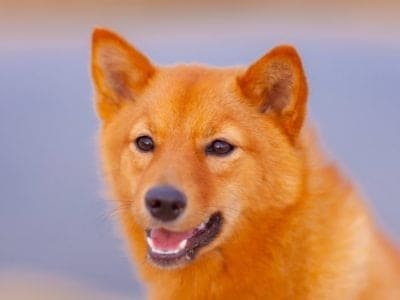
Finnish Spitz
Likes to bark a lot!
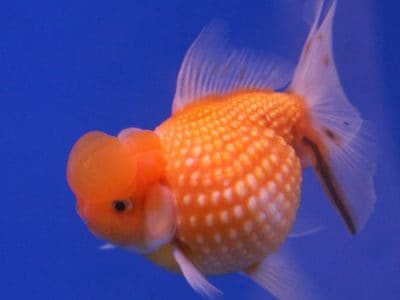
Fish
Respire through the gills on their heads!
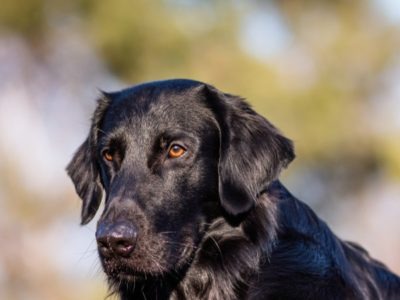
Flat-Coated Retriever
A game retrieving gun-dog!
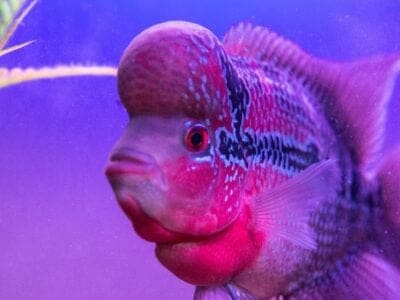
Flowerhorn Fish
The Flowerhorn fish is an artificial species; it does not exist naturally

Formosan Mountain Dog
Formosa is the Portuguese term for the island of Taiwan

Fox Terrier
First bred in the mid-19th century!

French Bulldog
French bulldogs are known to be very sensitive, harboring emotions that they love to express

French Bulldog Mix
If successfully socialized and trained from a young age, these pups grow into well-mannered and friendly dogs that get along with children of all ages and other pets.
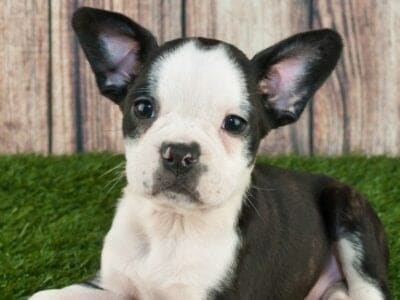
Frenchton
Loyal small dogs, the Frenchton will keep you warm at night with loving cuddles, but also awake with their funny loud snoring!

Frengle
Frengles have a haunting howl very similar to their Beagle parent.
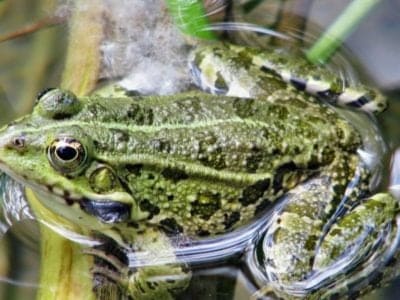
Frog
There are around 7,000 different species!
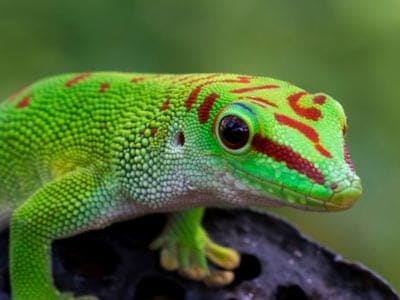
Gecko
There are thought to be over 2,000 species!
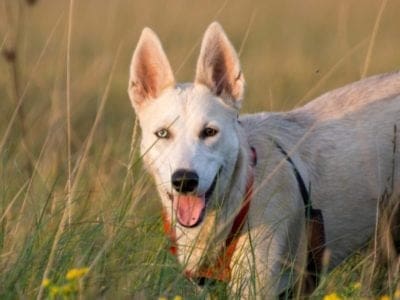
Gerberian Shepsky
Gerberian Shepskies are popular choices for police dogs!
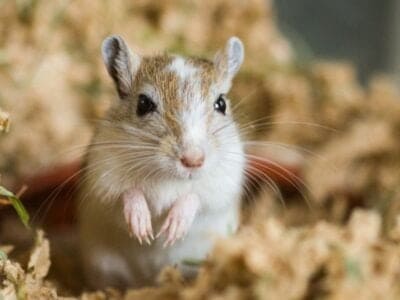
Gerbil
Originally known as the Desert Rat!
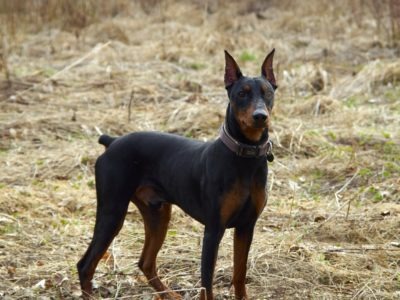
German Pinscher
Highly intelligent and fast learners!
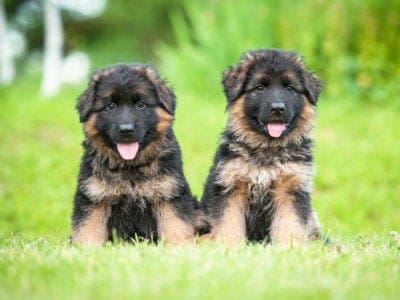
German Shepherd Guide
Highly active and fearless dogs!
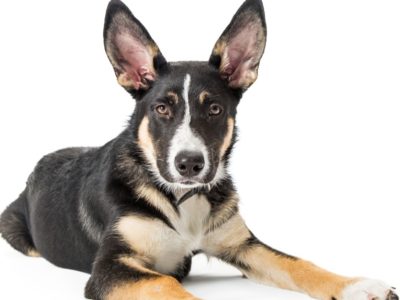
German Shepherd Mix
These German shepherd mixes require a lot of mental stimulation; if they don't get it, they can become destructive.
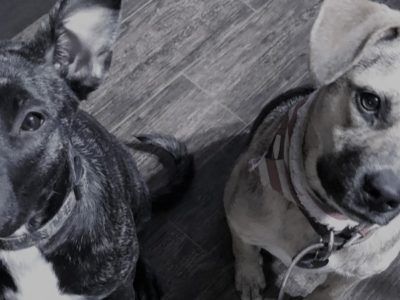
German Sheppit
The German Sheppit is well-suited for guarding and police work.
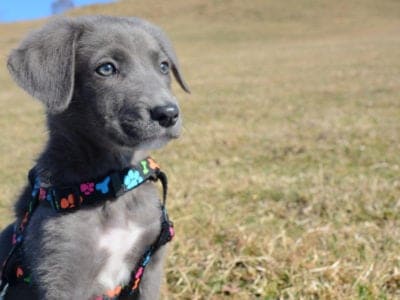
German Sheprador
There is a chance that the German Sheprador may inherit a love for water from its parent.

German Shorthaired Pointer
German Shorthaired Pointers are used by the Air Force, TSA, and other organizations to sniff out explosives.
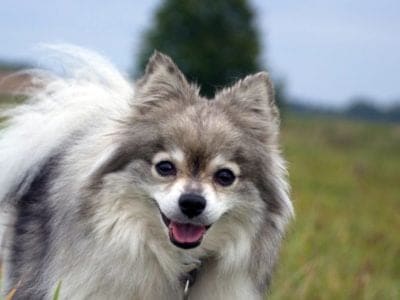
German Spitz
There are five different sub-breeds of the German Spitz.

Giant Schnauzer
Large, powerful and dominant!
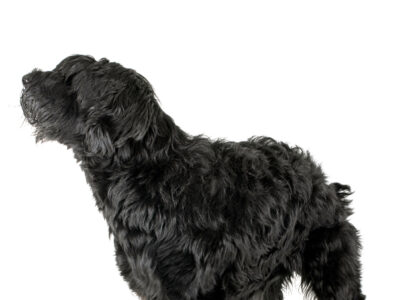
Giant Schnoodle
Both parents of the Giant Schnoodle are hypoallergenic, making this one of the Doodle breeds that's safest for dander-sensitive owners.
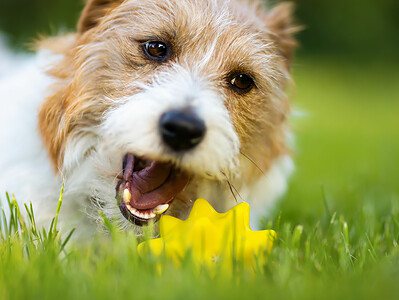
Glechon
Glechons are talented in the area of search and rescue, as their sense of smell makes them great at tracking.
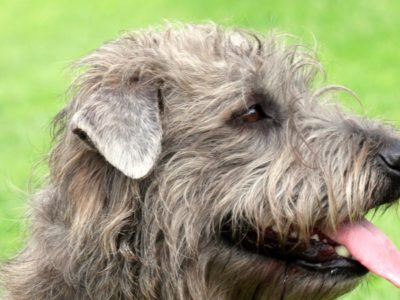
Glen Of Imaal Terrier
This dog is also named the Wicklow Terrier after the county of its origin.

Goberian
These dogs are great around children and are very playful around them.
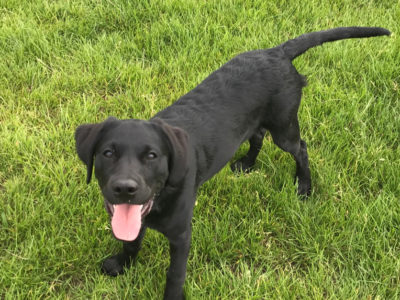
Goldador
Goldadors were not intentionally bred until the early 2000s!
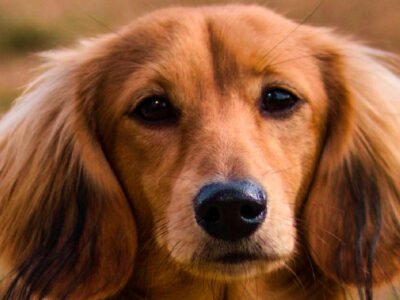
Golden Dox
Golden doxes don't have to be tiny. This breed looks different depending on whether the mix includes a regular dachshund or the mini version of the species.
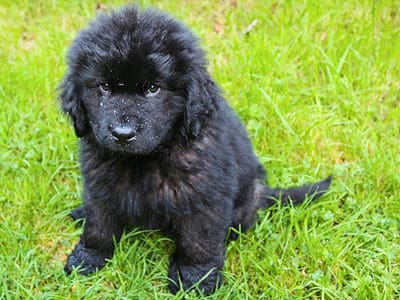
Golden Newfie
These dogs love to swim and instinctively know how to swim.
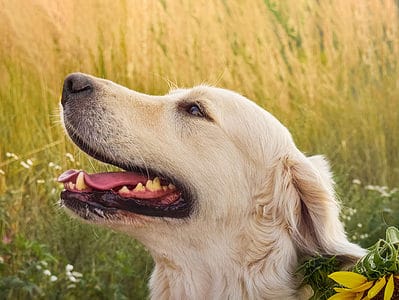
Golden Pyrenees
Golden Pyrenees make great therapy dogs due to their intelligence and gentle nature.
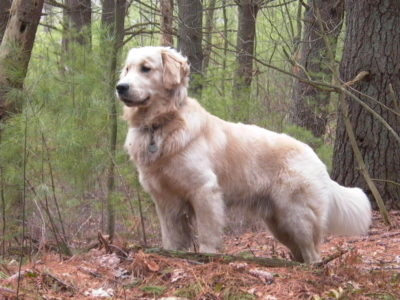
Golden Retriever
Trusting, kind and gentle!
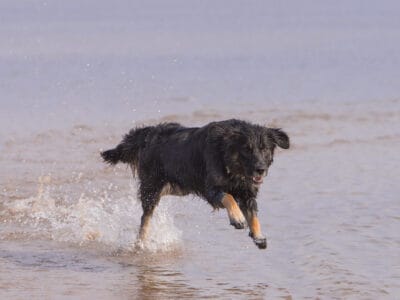
Golden Retriever Mix
While gollies make good watchdogs since they generally bark when there is a newcomer at the door, they are not the best guard dogs. Instead of intimidating the stranger, they typically run up to the intruder and greet them with a waggy tail.

Golden Saint
Golden saints come in all kinds of colors. You can find them in tan, chocolate, yellow, brindled, spotted, and almost any other pattern you can think of.

Golden Shepherd
The Golden Shepherds were first recognized by the International Designer Canine Registry in 2009.

Goldendoodle
Due to their breeding, no two Goldendoodles are alike.
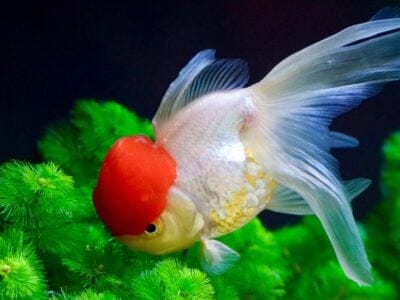
Goldfish
Goldfish and common carp can mate and produce offspring
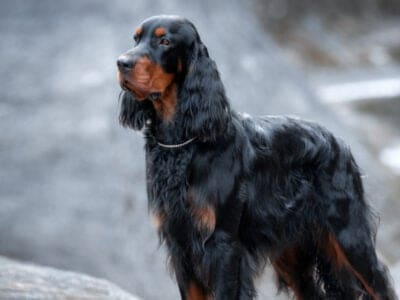
Gordon Setter
It's the largest and heaviest breed of setter.
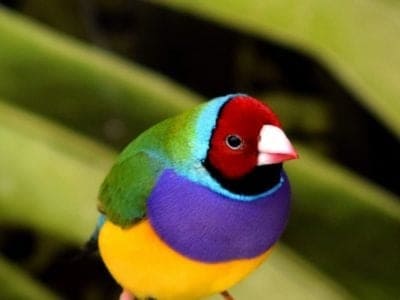
Gouldian Finch
The male Gouldian finch bobs its head and fluffs its feathers to court a female.
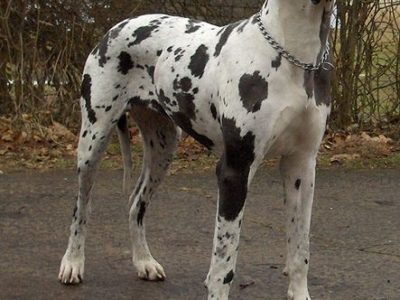
Great Dane
Large and imposing in appearance!
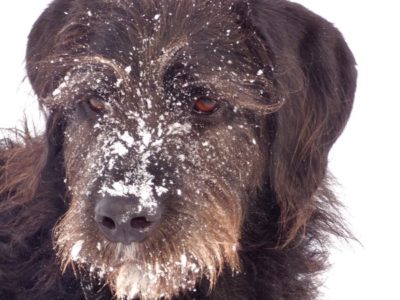
Great Danoodle
Both Great Danes and Poodles are in the top 15 most popular AKC breeds - which makes Great Danoodles a shoo-in for popularity.
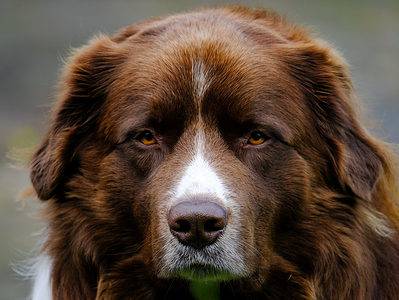
Great Pyrenees Mix
The collie Pyrenees is quite expensive, with puppies from reputable breeders starting at $1000. However, depending on the pedigree, and breeder, they can fetch twice that price.

Greater Swiss Mountain Dog
Protective and gentle by nature!
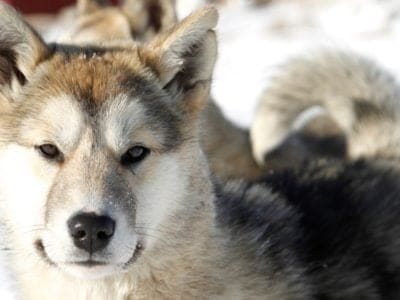
Greenland Dog
Strong and speedy breed of dog!
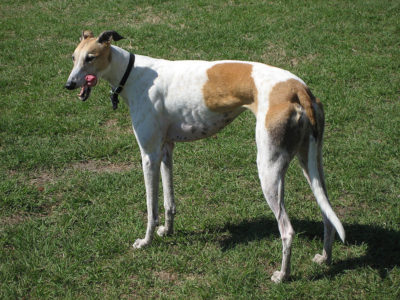
Greyhound
Extremely fast and athletic!
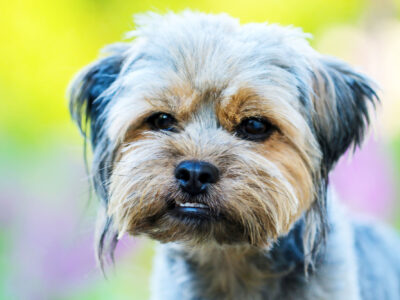
Griffonshire
Griffonshires are so little they are easily mistaken for puppies throughout their lives.
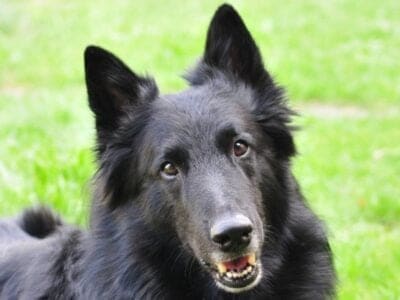
Groenendael
These dogs are highly trainable and can learn excellent manners!
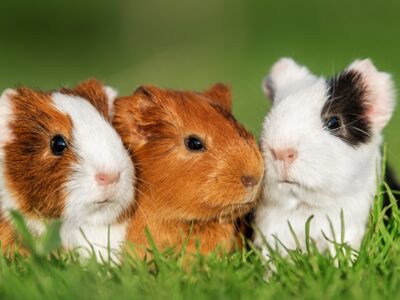
Guinea Pig
Natively found in the Andes Mountain range!
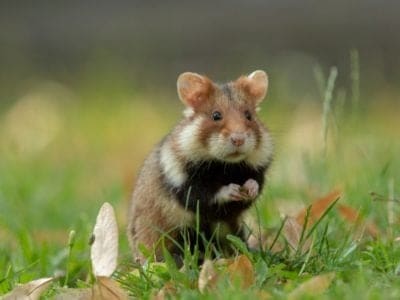
Hamster
Able to run as quickly backwards as forwards!

Harrier
Cheerful, tolerant and sweet-tempered!
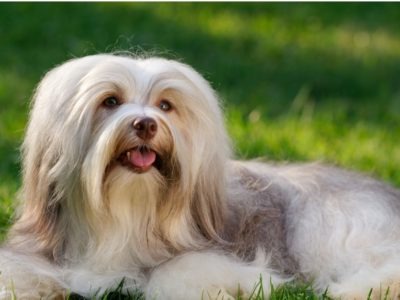
Havanese
These are the only dogs that are native to Cuba

Havapoo
The exact appearance of a Havapoo can vary based on whether the genes of its Poodle or Havanese parent are more dominant.

Havashire
Both of the Havashire’s parent breeds were very popular among the upper classes.

Himalayan
Also known as the Colorpoint Persian!
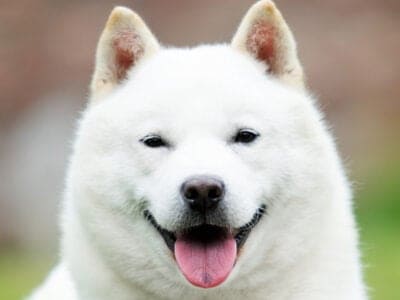
Hokkaido
Known for its bravery and ability to withstand the cold.
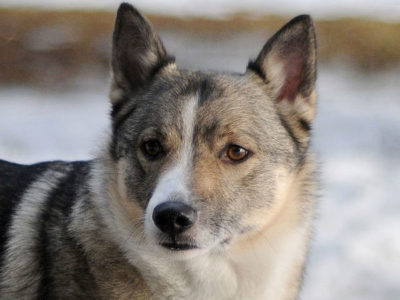
Horgi
Horgis have a silly side and love to be the center of attention.

House Finch
The house finch can become redder depending on what it eats

Huntaway
Huntaways have a strong instinct for herding.
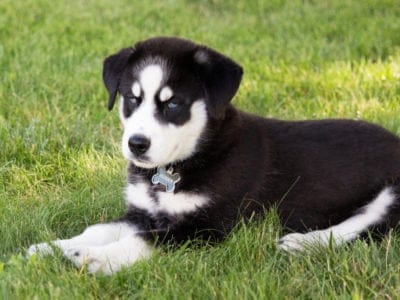
Huskador
Huskadors are gaining in popularity as service dogs.
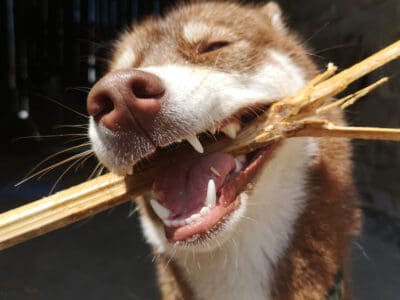
Huskita
Huskitas prefer a consistent daily routine with lots of activity.
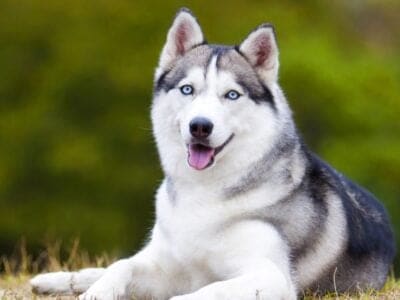
Husky
To communicate, Siberian Huskies rarely bark but instead create their own music and howl.

Husky Jack
Due to the mix of genes, a Husky Jack’s coat may be a variety of colors including black, gray, white, red, sable, or mixed colors.
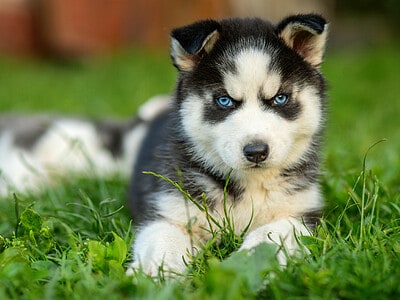
Huskydoodle
Huskydoodles are known for their jumping abilities!
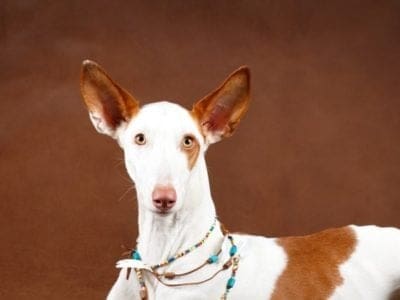
Ibizan Hound
Intelligent, active and engaging by nature!
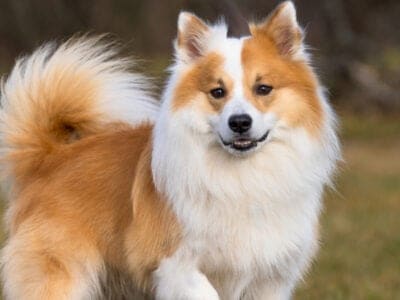
Icelandic Sheepdog
The Icelandic Sheepdog is the only dog breed entirely native to Iceland.
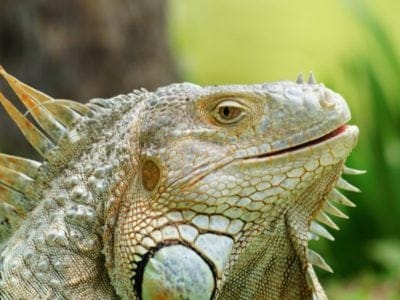
Iguana
Uses visual signals to communicate!
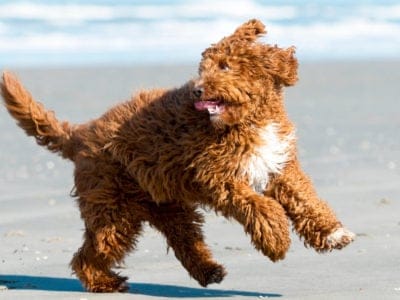
Irish Doodle
Irish Doodles can be very active dogs, but they also love just hanging out with their family members in the house.
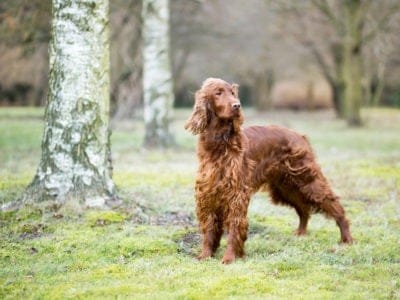
Irish Setter
Has a beautiful coat that's flowing and feathered!
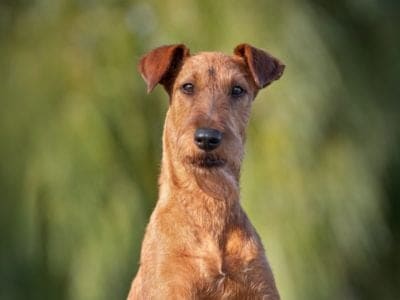
Irish Terrier
An average 300 Irish Terrier puppies are born each year in the United States.
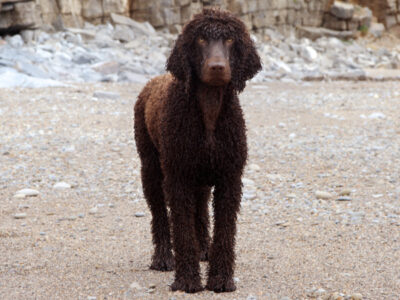
Irish Water Spaniel
They are the only known dogs with a purple hue!
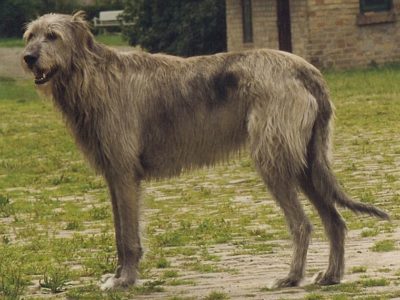
Irish WolfHound
Sweet-tempered, patient and thoughtful!

Italian Greyhound
The Italian Greyhound is a miniature dog with a big motor and personality!

Jack Russells
Intelligent, athletic and fearless!

Jackabee
A good choice for owners who want an exercise companion!

Japanese Chin
Alert, intelligent and independent!
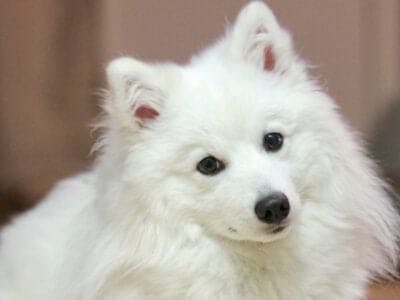
Japanese Spitz
The Japanese Spitz is sometimes referred to as a cloud dog.

Japanese Terrier
Japanese Terriers are also called Nippon Terriers
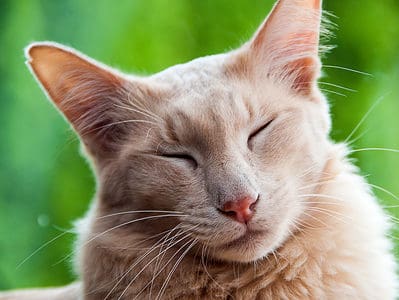
Javanese
Features that closely resemble a Siamese cat!
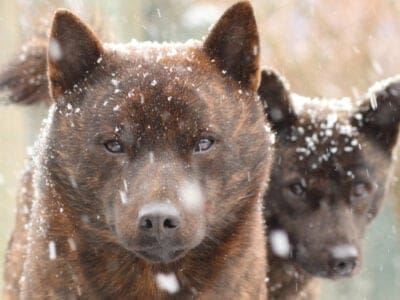
Kai Ken
Kai Ken are a very rare breed of dog from Japan, though pure breeds are even harder to come by.
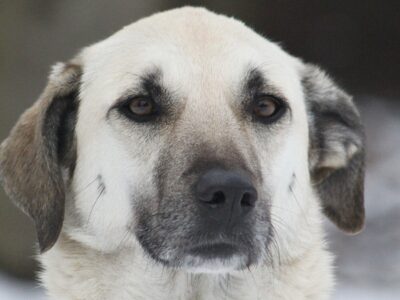
Kangal Shepherd Dog
Can run up to 35 miles per hour (56km).

Keel-Billed Toucan
It's beak can reach nearly 20 cm long!
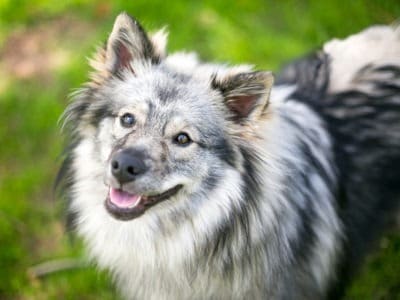
Keeshond
Friendly, alert dogs that are loyal to their owners
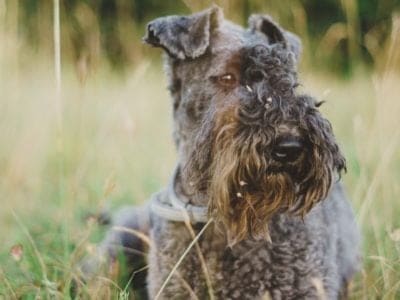
Kerry Blue Terrier
They are born black, and turn gray-blue as they age.
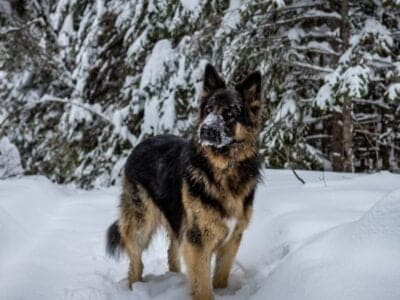
King Shepherd
This hybrid breed is the largest among the shepherd class.
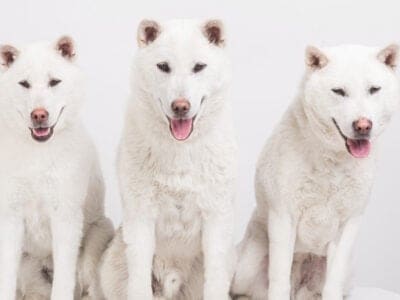
Kishu
Once raised to hunt dangerous game like boar, today's kishu ken are more likely to be used as guard dogs.
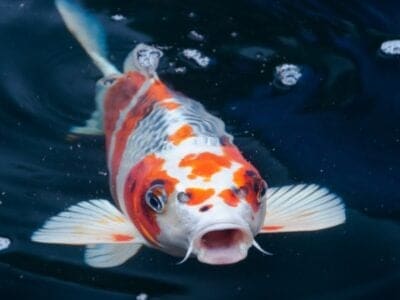
Koi Fish
In Japanese, the word koi sounds like the word for love. So the fish is a symbol of love among other good things.
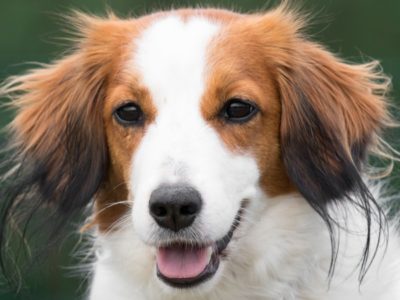
Kooikerhondje
If Kooikerhondjes look familiar, it’s because old Dutch masters like Rembrandt and Jan Steen liked to paint them.
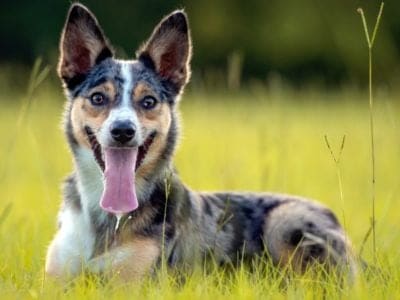
Koolie
The name "koolie" comes from the German mispronunciation of "collie."
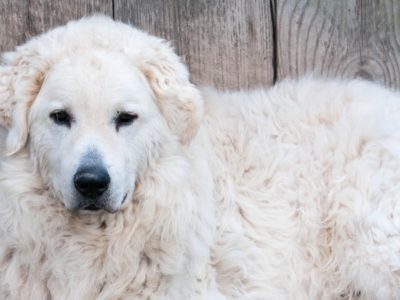
Kuvasz
Ownership of this dog was once restricted to the Hungarian nobility

Labahoula
The AKC does not recognize this breed or the parent breed Catahoula
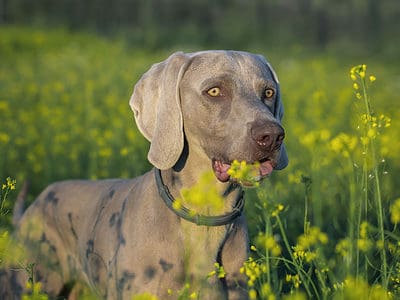
Labmaraner
Loves to participate in activities.

Labradane
Labradanes can come with both sold-color coats and the more exciting patterns that you typically see on Great Danes.
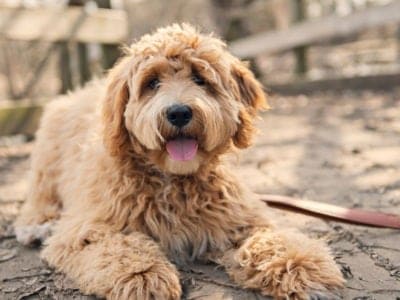
Labradoodle
Friendly and energetic mix-breed!
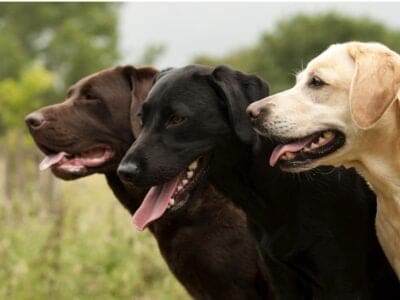
Labrador Retriever
Well-balanced, friendly and versatile!
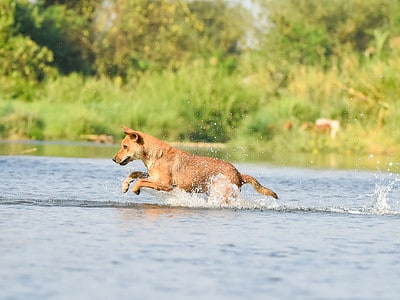
Labraheeler
A Labraheeler is a good choice for a watchdog as it do whatever it can to keep its family safe!
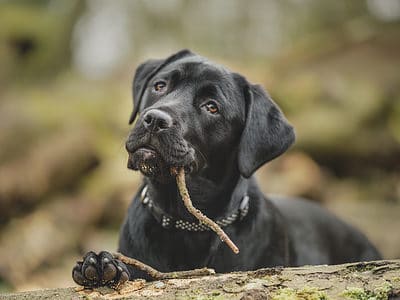
Labrottie
Labrotties will goof around clownishly to get laughs and attention.
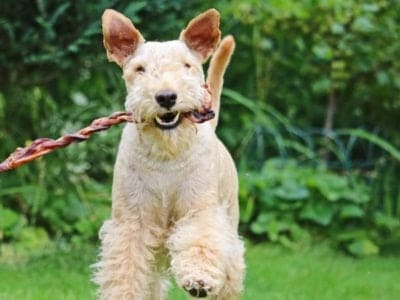
Lakeland Terrier
These dogs were once used by farmers to keep foxes away from herds of sheep.
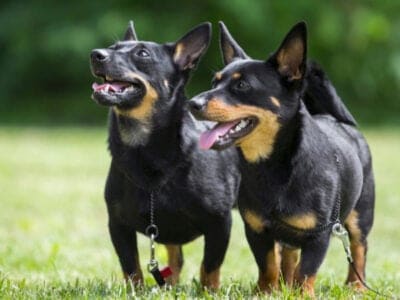
Lancashire Heeler
The name “heeler” comes from the fact that it nips at the heels of cattle to herd them.
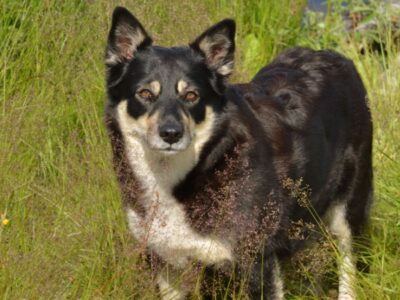
Lapponian Herder
This breed is also known as the Lapp Reindeer Dog and the Lapsk Vallhund.
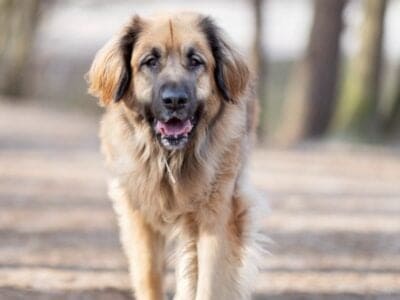
Leonberger
This dog has been used for pulling carts full of goods.
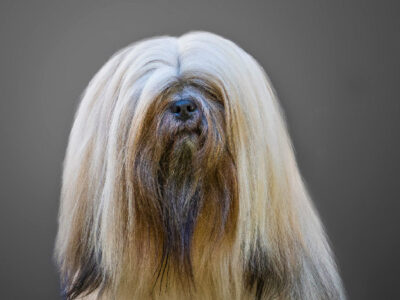
Lhasa Apso
The Lhasa Apso was often given as a gift in Tibetan culture
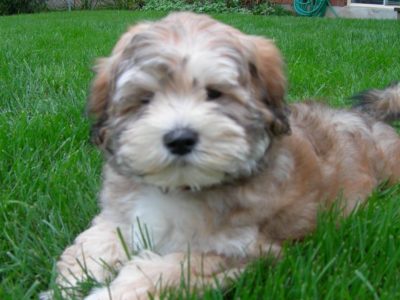
Lhasapoo
A Lhasapoo’s coat can be curly like a poodle’s or long and silky like a Lhasa Apso’s.
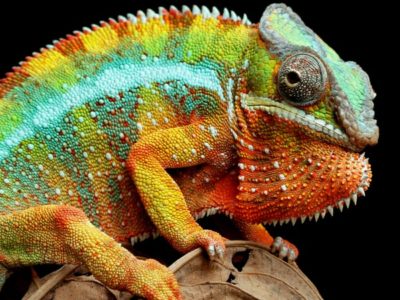
Lizard
There are around 5,000 different species!
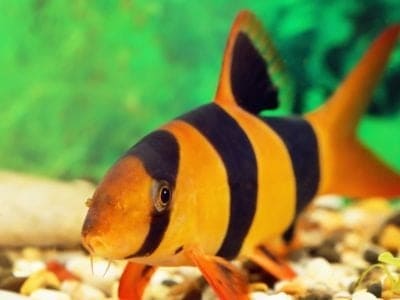
Loach
Have sharp spines below their eyes
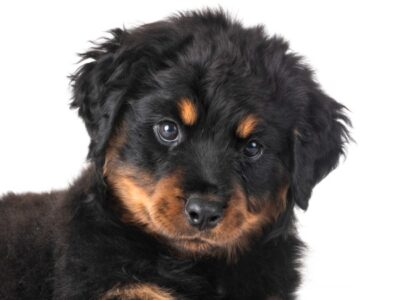
Long-Haired Rottweiler
Rottweilers have a tendency to snore.
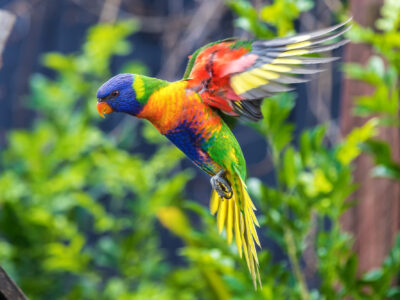
Lorikeet
The lorikeet has a long brush-like tongue with fine hairs on it
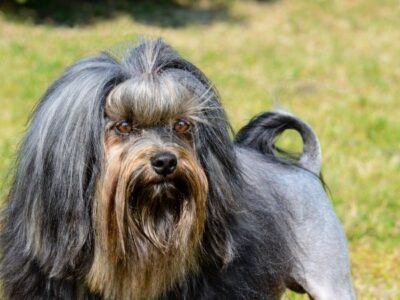
Lowchen
This breed is also known as the "Little Lion Dog" for their bravery and manes.
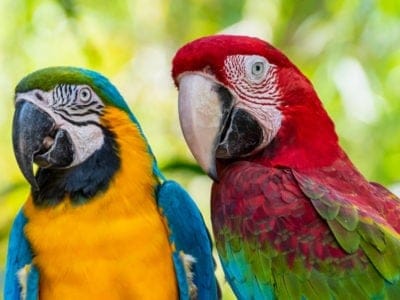
Macaw
The largest species of parrot in the world!

Maine Coon
Folklore says it's half cat, half raccoon!

Mal Shi
They are very needy dogs and can suffer from separation anxiety.

Malchi
The Malchi is not a purebred but a crossbreed and relatively new on the scene. That’s why they are not recognized by the American Kennel Club (AKC) or any other canine organization.

Malteagle
Malteagles are one of the smallest beagle hybrids and love to follow their owners everywhere.

Maltese
Originally bred in Europe!
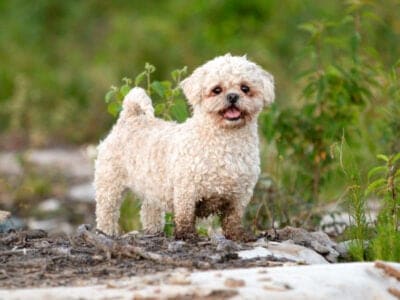
Maltese Shih Tzu
Both parent breeds, the Maltese and Shih Tzu, once entertained royalty!
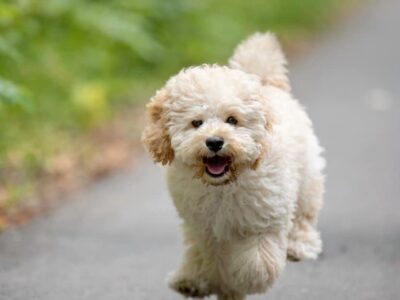
Maltipoo
Maltipoos may have one of three different coat types depending on the specific genes they inherit from their parents. These include silky, curly, or wavy.

Manchester Terrier
Fences are no match for Manchester terriers. They’re great escape artists!

Mastador
The Mastador gets its enormous size from its Mastiff parent.
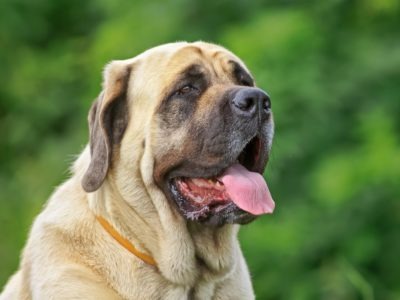
Mastiff
Courageous, calm and affectionate!
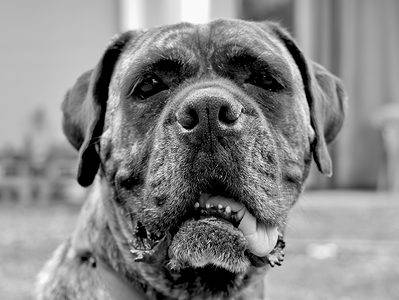
Mastiff Mix
Don't let the boxmas's intimidating appearance and size fool you; they are actually gentle giants with even temperaments.

Meagle
The Meagle has an incredible sense of smell.

Miki
They can be trained to use the litter box like a cat!
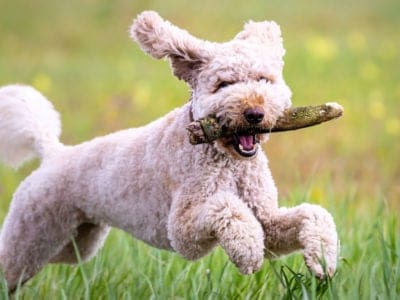
Mini Labradoodle
The first mini labradoodle was bred in the early 1990s - almost immediately after standard labradoodles became popular.
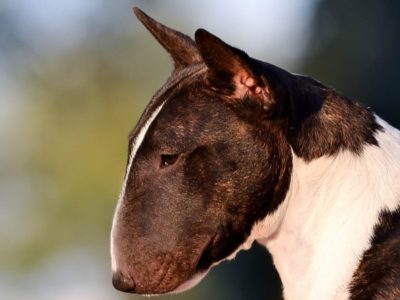
Miniature Bull Terrier
This dog has a very happy-go-lucky temperament.
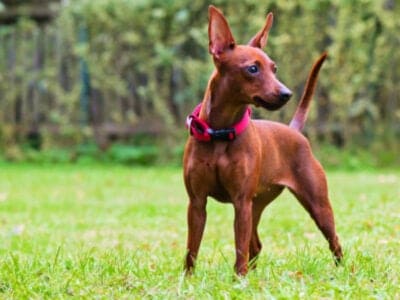
Miniature Pinscher
Stable rodents were kept in check by using it as a barnyard ratter.
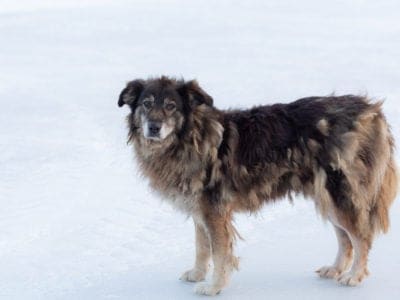
Mongrel
Has characteristics of two or more breeds!
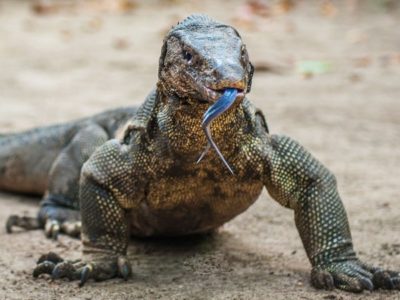
Monitor Lizard
Some species are thought to carry a weak venom!

Morkie
A Morkie puppy can weigh as little as 4 ounces.
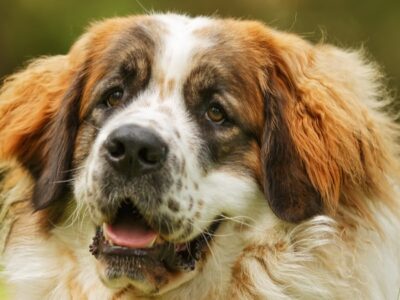
Moscow Watchdog
This Molosser-type dog is the Russian cousin of St. Bernard.
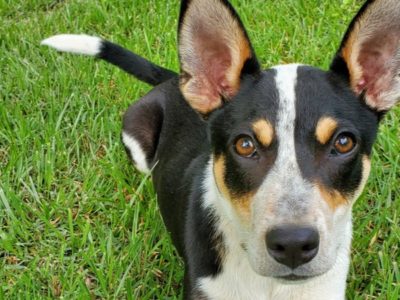
Mountain Feist
Mountain Feists were bred in the southern United States as a dog that could help with hunting small game.
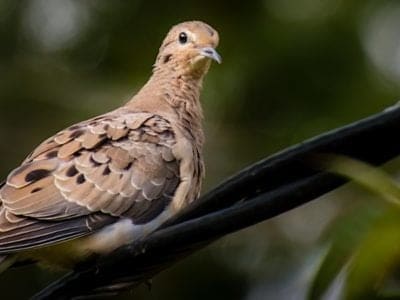
Mourning Dove
It is almost always the male who makes the famous sad sound, which is a wooing call
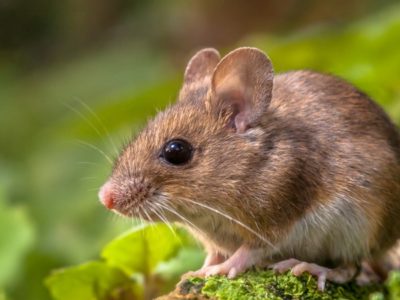
Mouse
Found on every continent on Earth!
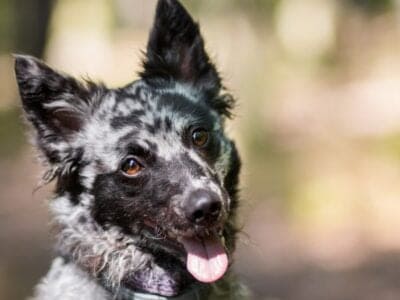
Mudi
Mudi dogs have a reputation for being able to control a herd of 500 sheep.
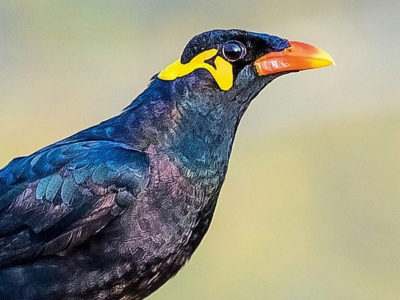
Myna Bird
Many people believe the hill myna bird is better at mimicking humans than a parrot!
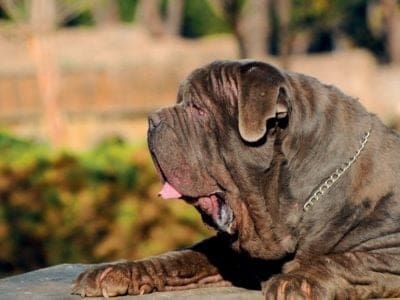
Neapolitan Mastiff
Fearless and extremely protective of it's home!
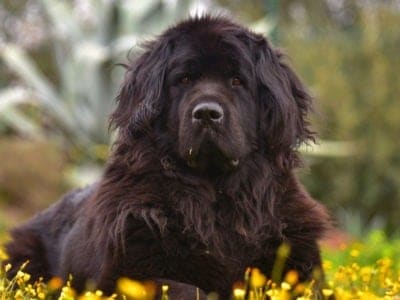
Newfoundland
Introduced by Vikings more than 1,000 years ago!
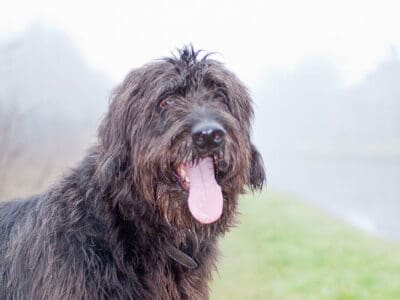
Newfypoo
Newfypoos have a thick oily coat that can be hard to groom.

Norfolk Terrier
Fearless but not aggressive!
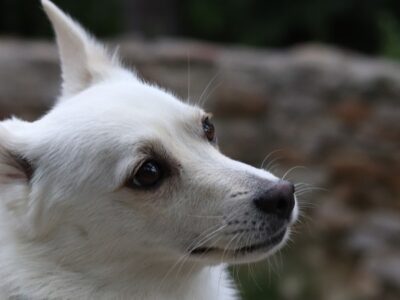
Norwegian Buhund
The Norwegian Buhund once worked on Norse homesteads
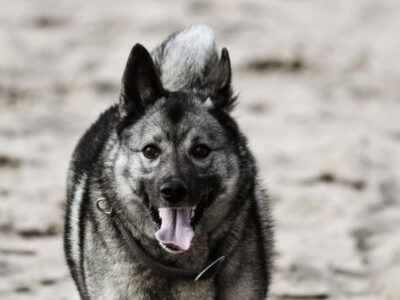
Norwegian Elkhound
This breed traveled with the Vikings!
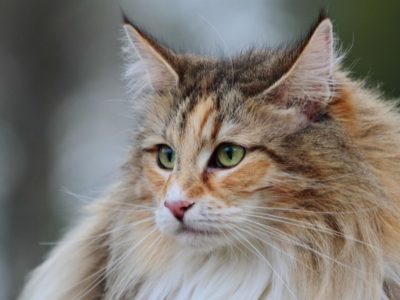
Norwegian Forest
Has a long, thick double coat of fur!
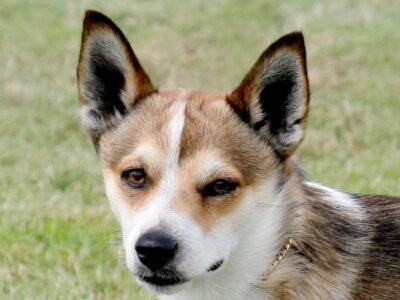
Norwegian Lundehund
This breed is also called the Norsk Lundehund and the Norwegian Puffin Dog
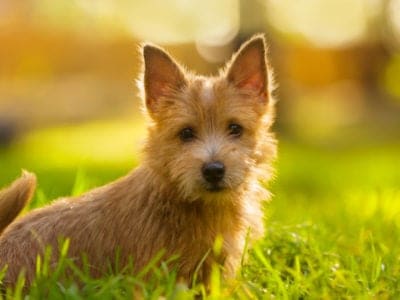
Norwich Terrier
Though Norwich terriers are small, they have a reputation for being feisty.
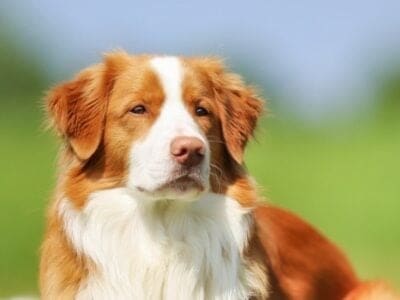
Nova Scotia Duck Tolling Retriever
The Toller is one of only two breeds that hunters use as decoys while hunting.
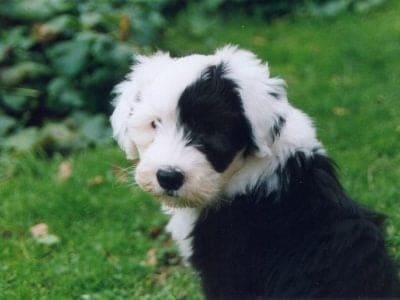
Old English Sheepdog
Intelligent, sociable and playful!
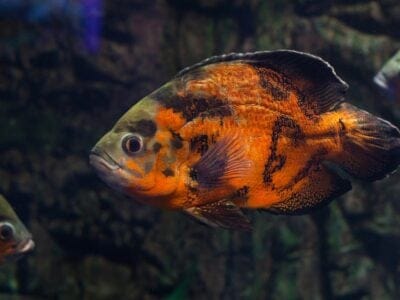
Oscar Fish
The Oscar fish has teeth in its throat!

Otterhound
Otterhounds have webbed feet making them great swimmers!
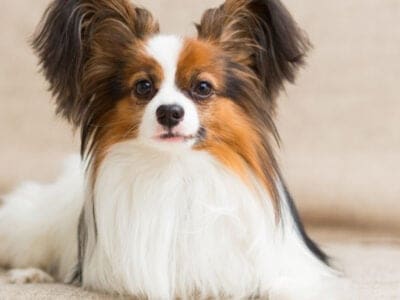
Papillon
Originally called the Toy Spaniel, the Papillon is one of the oldest breeds in the toy group. They can be found in artwork dating back to the 16th century.
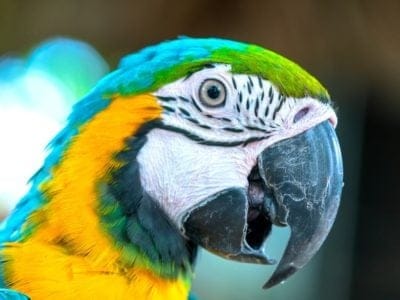
Parrot
Can live for up to 100 years!

Parson Russell Terrier
The root stock of the breed was a dog named Trump

Parti Schnauzer
Parti Schnauzers are great pest controllers. They were bred to catch rodents, so if you have a rat problem, they might be the pet for you.
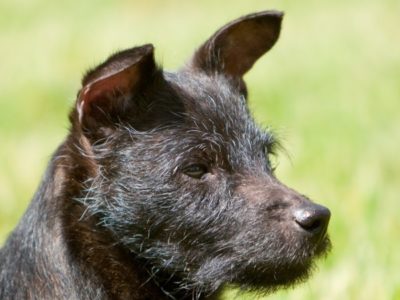
Patterdale Terrier
A Patterdale Terrier’s small body structure allows it to squeeze into fox burrows.

Peagle
Most Peagles love playing with children and can be very gentle and affectionate!
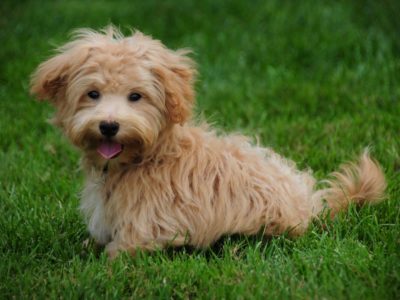
Peekapoo
Peekapoos were first bred in the 1950’s, making them one of the first designer dog breeds.

Pekingese
Thought to be over 2,000 years old!

Pembroke Welsh Corgi
The Pembroke Welsh Corgi is a favorite breed of Queen Elizabeth II
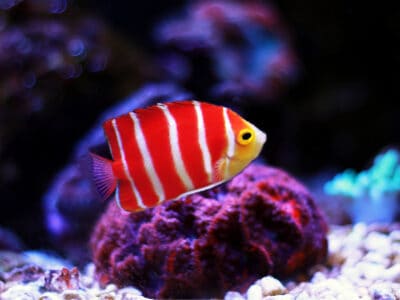
Peppermint Angelfish
The peppermint angelfish was only first described in 1992.

Perro De Presa Canario
The breed has feet like a cat, with rounded toes that are not too close together. His unique feet give him a distinctive, long, elastic stride.
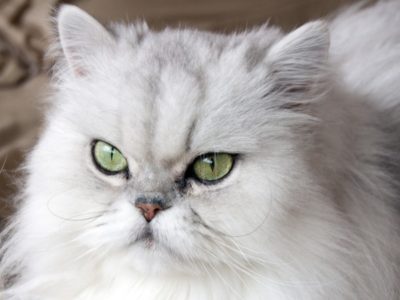
Persian
Thought to have originated in the Middle East!
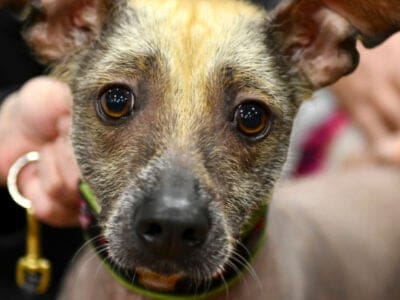
Peruvian Inca Orchid
The Peruvian Inca Orchid is the national dog of Peru
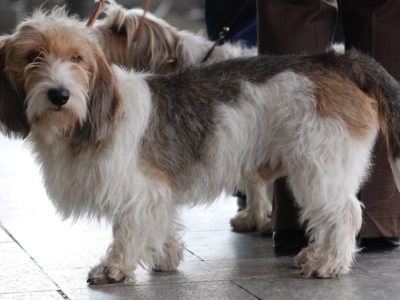
Petit Basset Griffon Vendéen
A small dog with a big, lively personality.

Petite Goldendoodle
Like their purebred parents, these dogs love the water!
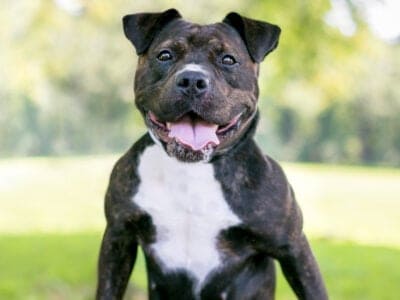
Pit Bull
It is a myth that pit bulls have locking jaws.
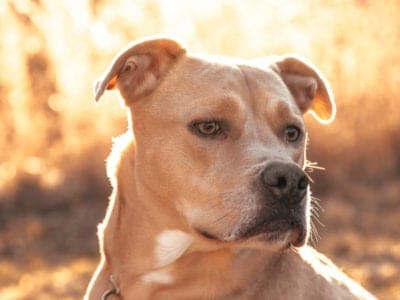
Pitador
There are several names for this breed, including the Labrabull or the Pitador Retriever.
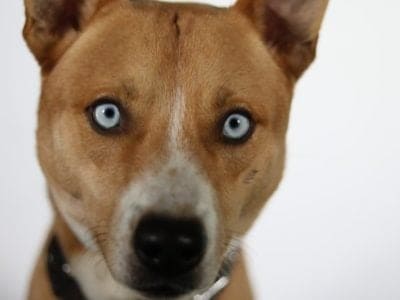
Pitsky
Most Pitskies will do best as the only pet in a home. They may become aggressive with other dogs (especially two unneutered male dogs) and could try to chase or catch small pets due to their higher prey drive.
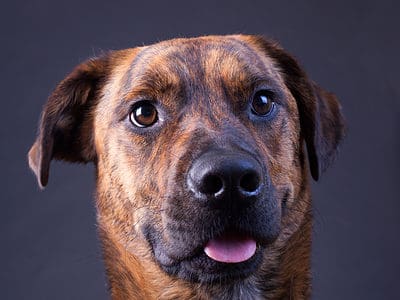
Plott Hound Mix
While the Plott hound is the state dog of North Carolina, it is a very rare breed and not well-known in other states.

Pocket Beagle
Queen Elizabeth I of England once owned several Pocket Beagles!
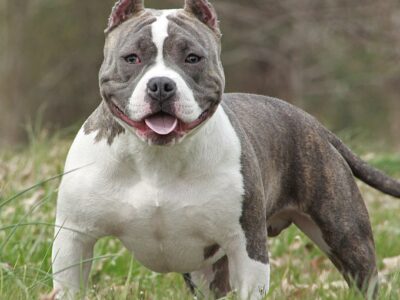
Pocket Pitbull
The smaller size of the Pocket Pitbull made it better suited for fleeing game as compared to larger Foxhounds.
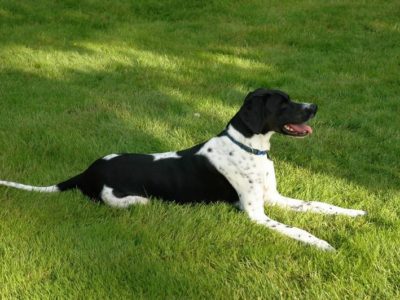
Pointer
An independent, loyal and high energy breed!
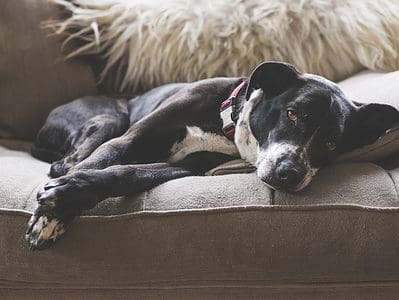
Pointer Mix
One of the best things about owning a pointer pit is its low-maintenance requirements.
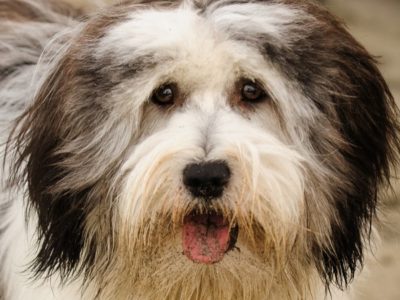
Polish Lowland Sheepdog
Despite having shaggy hair that covers its eyes, this dog is known for its watchful gaze when guarding a herd.
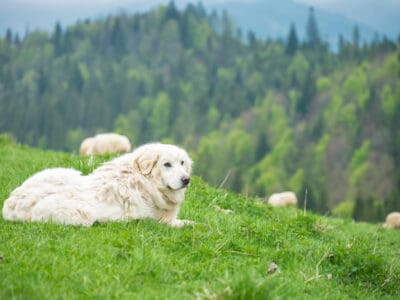
Polish Tatra Sheepdog
This gigantic breed is known for its guardian skills, but they are non-aggressive and always manage to stay calm towards people and animals.

Pomapoo
Pomapoos like companionship and do not like being alone. They may do better in a home with other dogs.
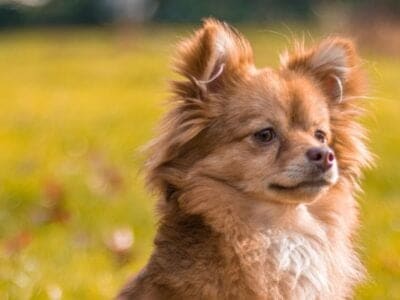
Pomchi
A deliberate cross like the Pomchi is commonly referred to as a designer dog

Pomeagle
Pomeagles are sweet and fun dogs that like to spend time exploring their environment.
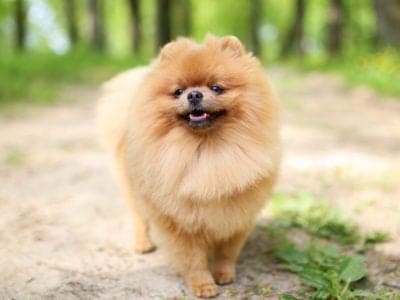
Pomeranian
The ancestors of the Pomeranian were sled dogs.

Pomsky
The howls and barks of a Pomsky can sound like singing

Poochon
The Poochon was first bred in Australia.
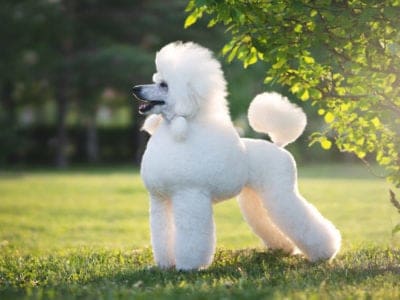
Poodle
Intelligent, alert and active!

Poogle
The Poogle is one of 40 different doodle dog breeds (poodle mixes).

Pudelpointer
Like their poodle parent, Pudelpointers love to swim in pools!

Pug
Fun and sociable, yet stubborn!
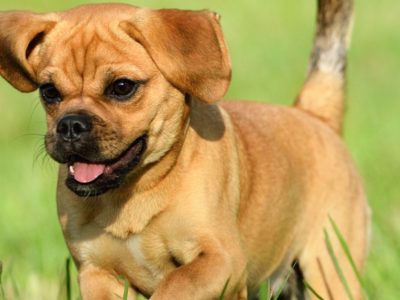
Pug Mix
The puggle is a heavy shedder, so to control any unwanted hair, owners must brush their pug mix at least twice a week.

Pugapoo
The pugapoo is the fusion of a pug and a poodle.
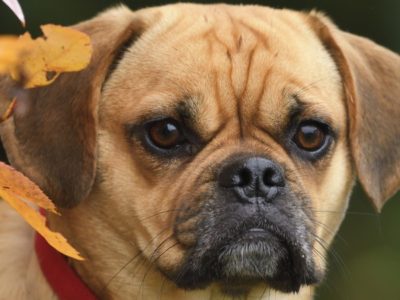
Puggle
These dogs are active and are often patient around children.

Pugshire
With their incredible desire to show affection, Pugshire make great lap dogs.

Pumi
Pumik developed their loud bark to communicate with shepherds at long distances.

Purple Finch
The intensity of the plumage can change based on what the bird eats

Pyrador
Most popular as a companion pet!
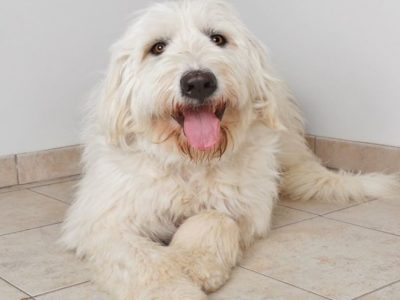
Pyredoodle
Pyredoodles can have a thick double coat or a thinner single coat.
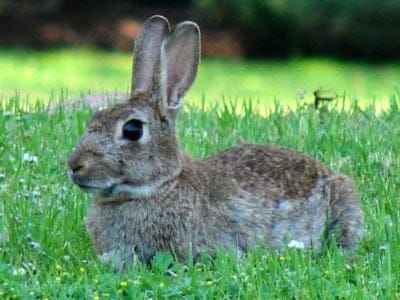
Rabbit
There are more than 300 different species!
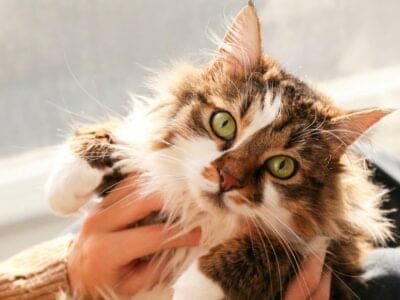
Ragamuffin
Often referred to as "puppy-like," Ragamuffin cats are intelligent, friendly and super personable.

Ragdoll
One of the larger breeds of domestic cat!
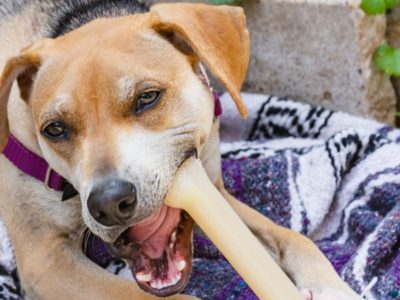
Raggle
Raggles are known for their energy and curiosity.
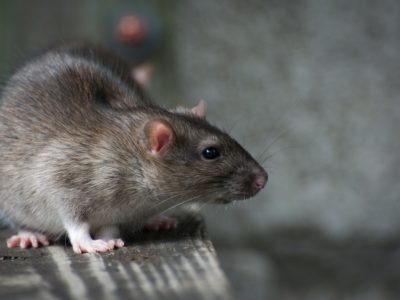
Rat
Omnivores that eat anything!

Rat Terrier
Rat terriers were popular with farmers before 1930 because of their ability to kill rodents.
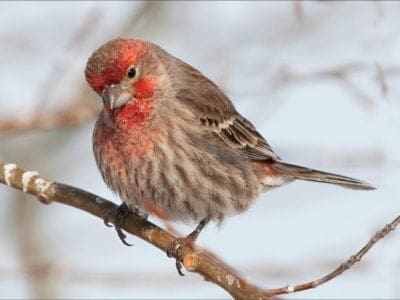
Red Finch
Red finches can form flocks of over 100 birds.
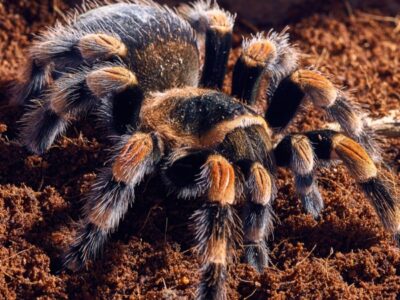
Red Knee Tarantula
Inhabits the Pacific Mountains of Mexico!
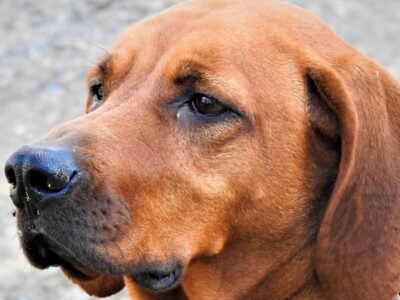
Redbone Coonhound
Originally bred to track raccoons.
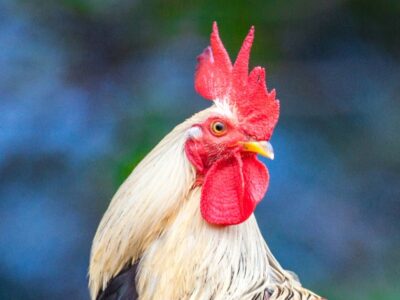
Rooster
Will mate with the entire flock!

Rottsky
Many Rottskies have one brown eye and one blue eye.
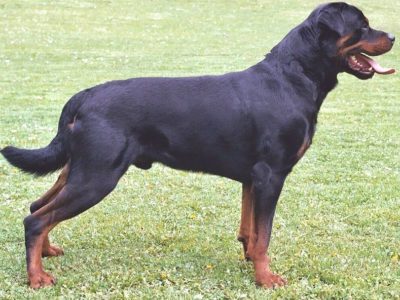
Rottweiler
Strong, loyal and self-assured!
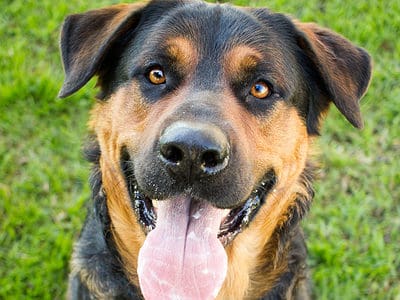
Rottweiler Mix
This Rottweiler mix is devoted to its loved ones and usually forms a strong bond with its primary caregiver

Russell Terrier
The Russell Terrier was bred to be a good fox hunter with a keen sense of smell
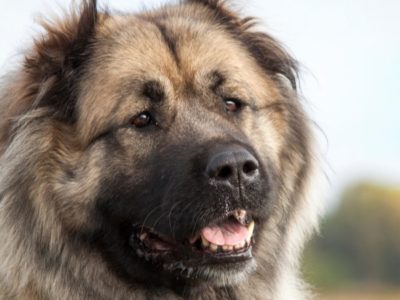
Russian Bear Dog
The bite of a Russian Bear Dog is stronger than a lion’s bite.
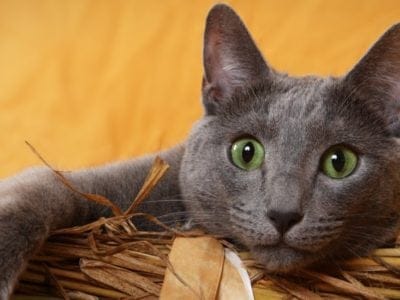
Russian Blue
First brought to the UK in the 1800s!
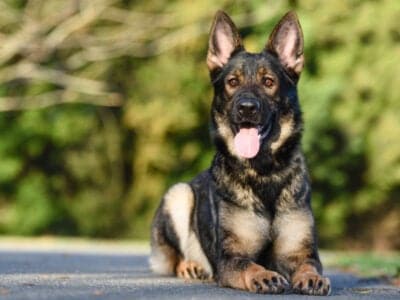
Sable Black German Shepherd
According to the American Kennel Club, the German Shepherd is the second most popular breed in the United States
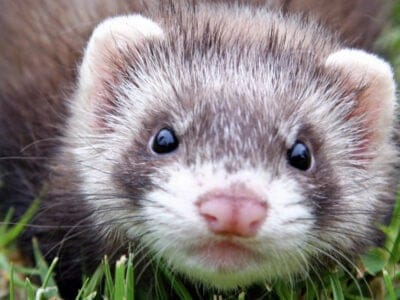
Sable Ferret
Ferrets were used during the Revolutionary War to keep down the rat population.

Saint Bernard
Gentle, loyal and friendly!

Saint Shepherd
These dogs have an eager-to-please attitude, making them sweet and happy pets.
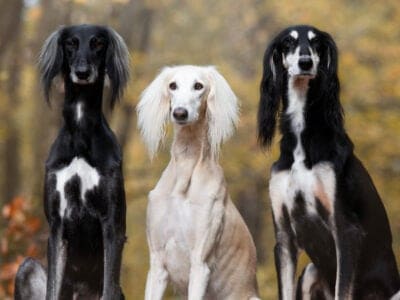
Saluki
The Saluki is one of the fastest dog breeds in the world.
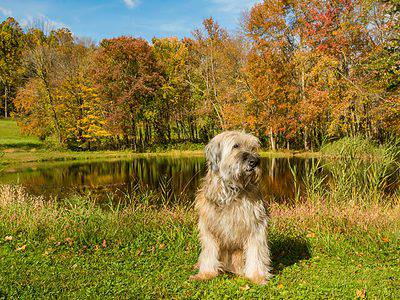
Sapsali
Natives know this breed as the "ghost hunter" because they believe these dogs can ward off evil spirits.
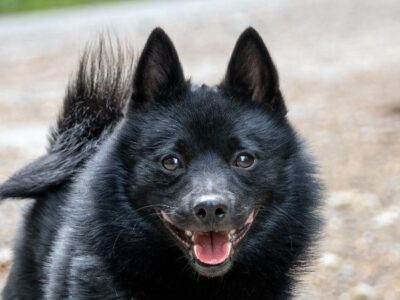
Schipperke
Schipperkes were used to hunt and kill rodents on Belgian ships.
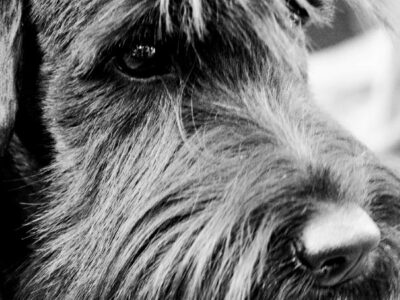
Schneagle
This hybrid dog is a great companion and doesn’t do well being left alone but is suitable for apartments or houses with backyards!
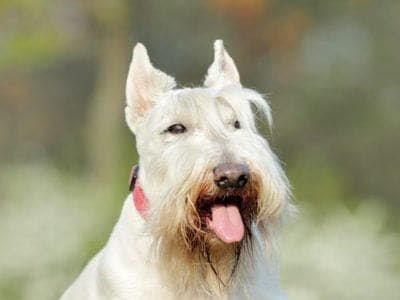
Scottish Terrier
This breed is nicknamed the “Diehard” because of its iron will and steely determination.

Sealyham Terrier
Very endangered breed that is scion of several breeds that include one that is already extinct
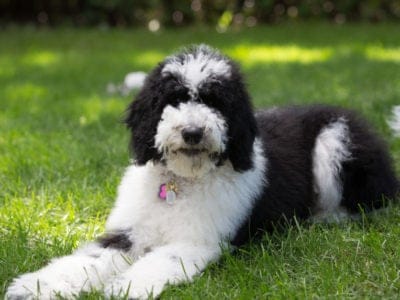
Sheepadoodle
Sheepadoodles were first bred as an experiment for use as a military dog in the Army in the 1960s, however they didn’t really gain popularity until 2007.

Shepadoodle
Some police officers with allergies use Shepadoodles as their K-9 partner

Shepkita
These dogs can sometimes be overly aggressive.
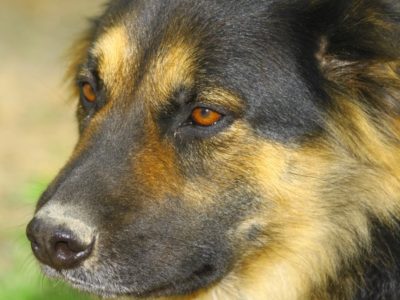
Shepweiler
The Shepweiler is an excellent guard dog.

Shiba Inu
Shiba Inus are one of six native dog breeds from Japan.

Shih Tzu
Can live for up to 15 years!

Shih Tzu Mix
Despite having long, flowing hair, Shih Tzus and many of their hybrids are hypoallergenic.
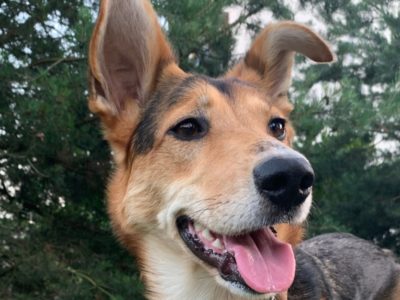
Shollie
Shollies are a fairly new type of crossbreed!
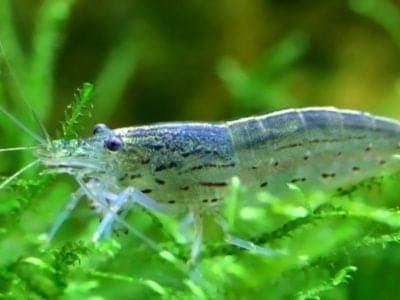
Shrimp
There are 2,000 different species worldwide!

Siamese
Originated from temple cats in Thailand!
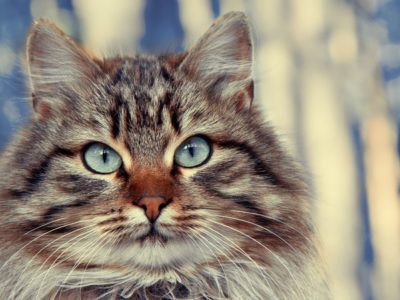
Siberian
An exceptionally agile jumper!
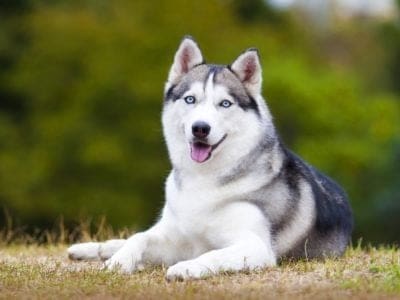
Siberian Husky
Is adequately warm in sub-zero temperatures!
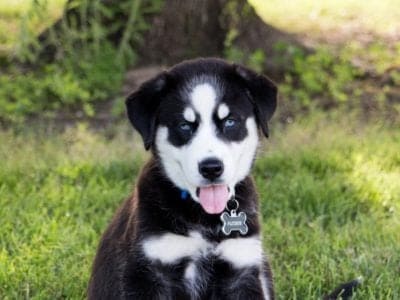
Siberian Retriever
Many husky Labs have one blue eye and one brown eye.

Siberpoo
Although a lack of documentation makes it unclear, the first Siberpoo was probably bred in either the 1970s or 1980s.
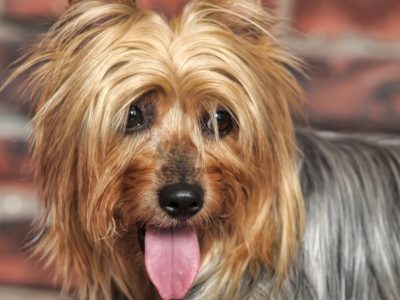
Silky Terrier
Silky terriers can be trained to participate in many events, including herding, agility, rally, tracking and fly ball.
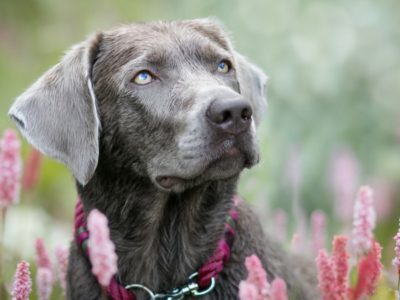
Silver Labrador
The Labrador is the most popular breed in the United States and most of these dogs have blue eyes at a young age, before they turn another color.
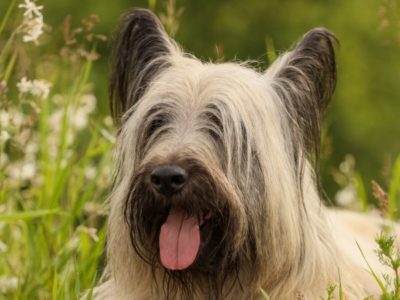
Skye Terrier
Skye terriers are the oldest terrier breed, dating back at least 400 years.

Smooth Fox Terrier
These dogs are known for their fast digging abilities.
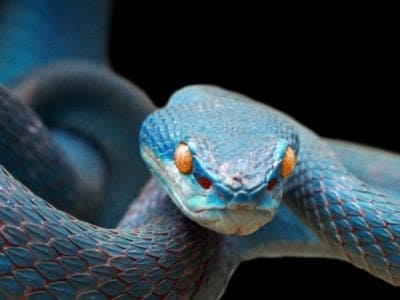
Snake
There are around 4,000 known species worldwide

Snorkie
Snorkies are known for their funny, attention-getting antics.

Snowshoe
Thought to have originated in the 1960s!
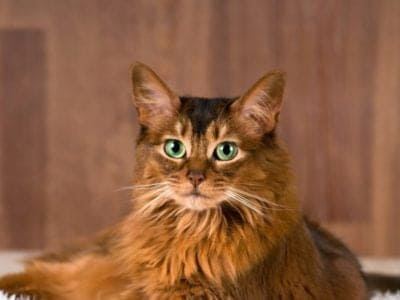
Somali
Active, intelligent and playful!
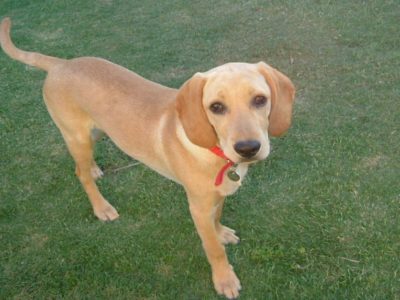
Spanador
The Spanador is a good swimmer.

Spanish Mastiff
Diego Velázquez’s famous 17th century painting of the Infanta and her dwarves includes a portrait of a Spanish Mastiff.
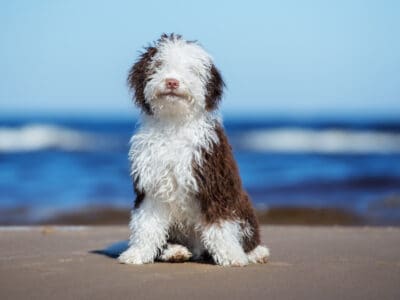
Spanish Water Dog
Spanish water dogs are popular with fishermen and hunters to retrieve game from the water.
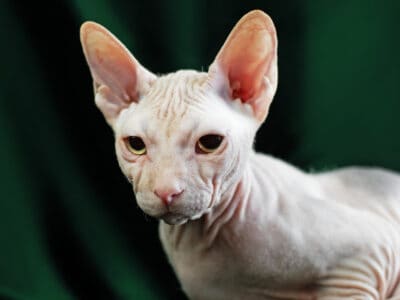
Sphynx
Many people believe that because the Sphynx doesn't have a lot of fur, they are easily maintained. However, their upkeep is demanding!
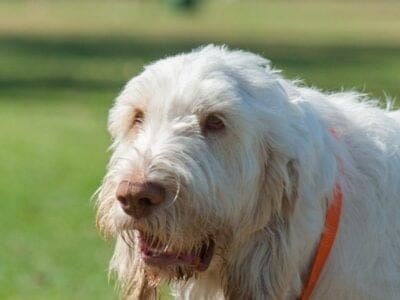
Spinone Italiano
They're one of the oldest hunting breeds on Earth.

Springerdoodle
Easygoing, intelligent, and active, the springerdoodle just loves being around people!
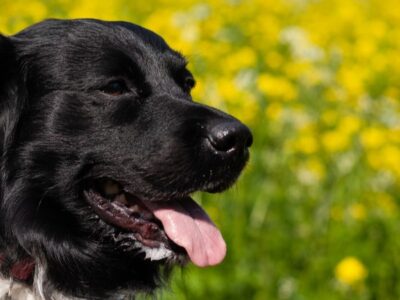
Stabyhoun
It is a versatile, all-around working breed and pet.
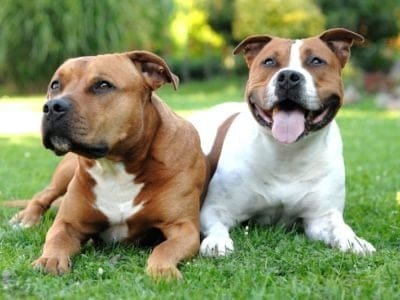
Staffordshire Bull Terrier
Known for their loyalty to their family!
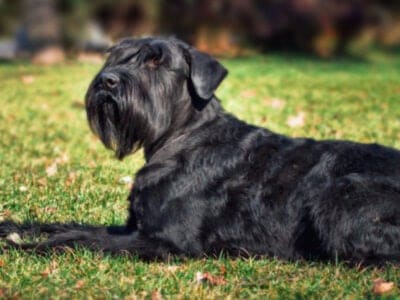
Standard Schnauzer
This dog’s facial hair makes it look like it has a beard.
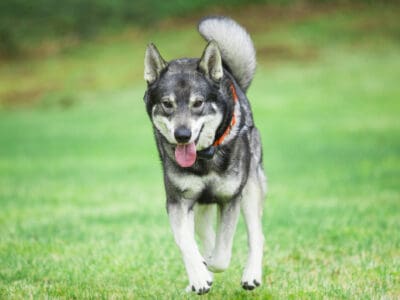
Swedish Elkhound
Swedish Elkhounds existed in prehistoric times!
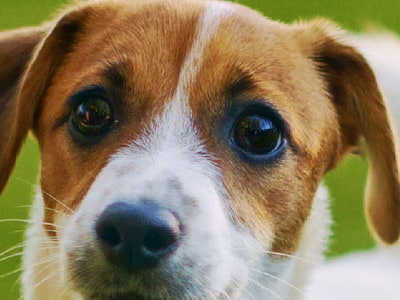
Taco Terrier
Taco terriers are known by a variety of names, including the Chitoxy Toy and the Chiwoxy.

Teddy Roosevelt Terrier
The breed was named in President Theodore Roosevelt's honor when it was officially recognized in 1999.
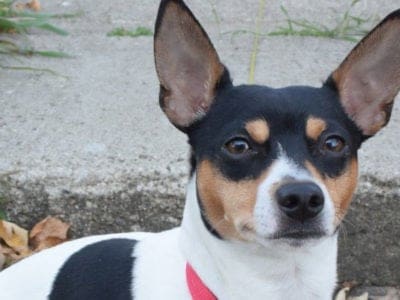
Tenterfield Terrier
These terriers have quick minds and fast feet making them excellent for agility competitions.

Terrier
Terriers were once the greatest dogs in the world.
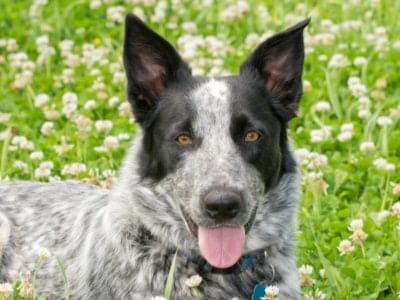
Texas Heeler
Though they are loyal to their family, these dogs can be shy around strangers.
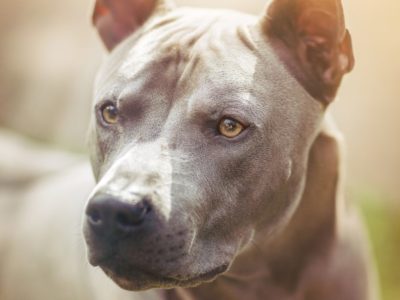
Thai Ridgeback
In their native Thailand, Thai Ridgebacks were used to hunt cobras.
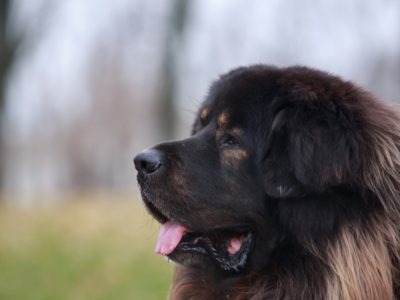
Tibetan Mastiff
Originally bred in the Himalayan mountains!

Tibetan Spaniel
Originally bred to be a companion dog in Tibetan Buddhist lamaseries.

Tibetan Terrier
Tibetan terriers have round, flat, “snow shoe” feet that evolved to give them traction on snowy Himalayan paths
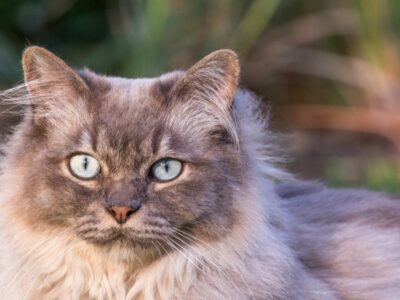
Tiffany
Chantilly cats are a mixed-breed cross between a Burmese cat and a long-haired Asian cat.

Torkie
The Torkie is alert and very vocal so it makes a great watchdog.

Toucan
There are more than 40 different species!

Toy Fox Terrier
Hunters use the toy fox terrier to go into a fox's den and flush the animal out.

Toy Poodle
The word poodle is derived from German, and it means "to splash" or "puddle."
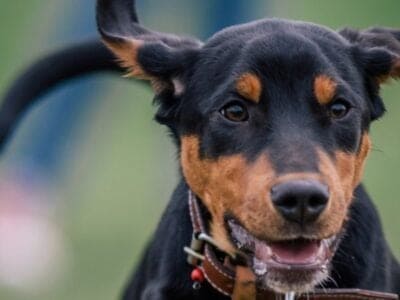
Transylvanian Hound
The Transylvanian Hound is also known as the Erdelyi Kopo in Hungarian
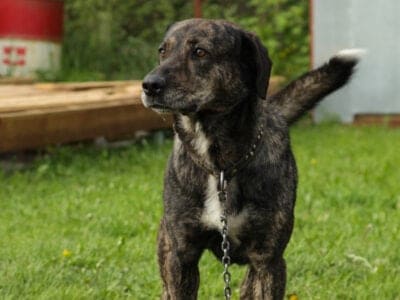
Treeing Tennessee Brindle
Coarse baying cries during the hunt changes at the tree
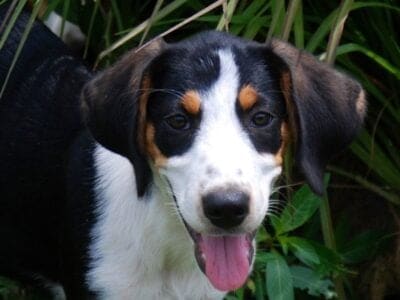
Treeing Walker Coonhound
In addition to raccoons, these dogs can track bears, bobcats, cougars, and deer with ease.
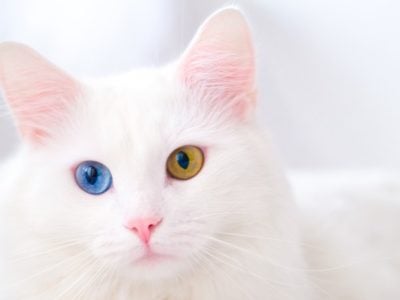
Turkish Angora
A breed that originated in central Turkey!

Vizsla
Vizsla means searcher or tracker in Hungarian

Volpino Italiano
Almost went extinct before American Eskimo Dog breeders showed interest.
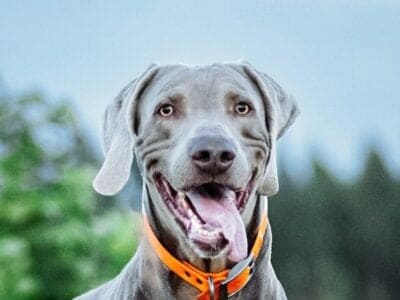
Weimaraner
The Weimaraner is nicknamed the gray ghost.

Weimardoodle
This dog is also known as the Weimarpoo, the Weimaranerpoo, and the Weimaranerdoodle.
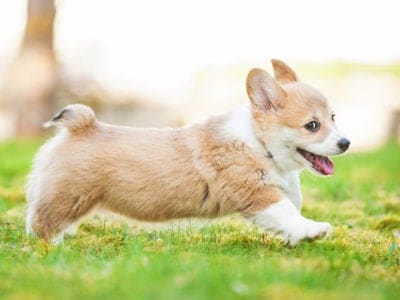
Welsh Corgi
There are two distinct breeds!

Welsh Terrier
The Welsh Terrier has the strength and tenacity to take on foxes and badgers.
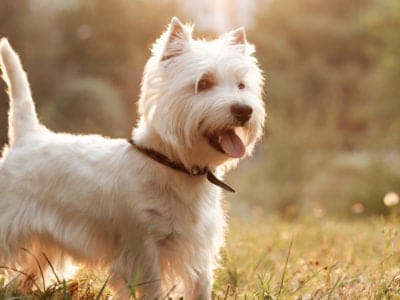
West Highland Terrier
Most commonly white in colour!
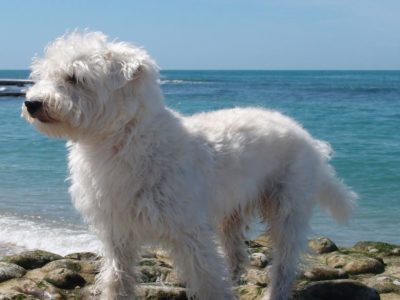
Westiepoo
This dog is known for cocking its head in a curious manner when listening to its owner.
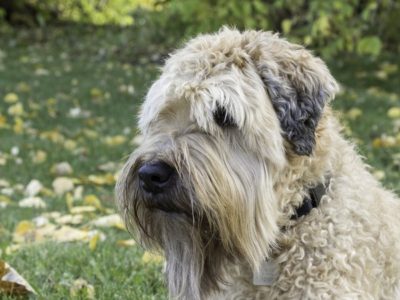
Wheaten Terrier
Originally bred as a farm dog, the Wheaten Terrier can be very protective of its domain.
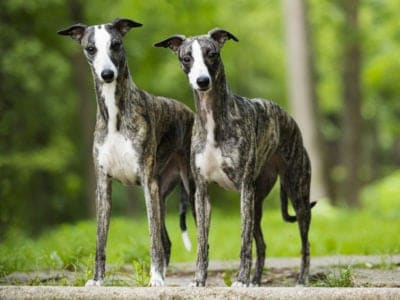
Whippet
Quiet, gentle and restful dogs!
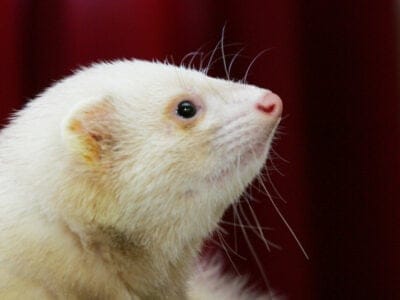
White Ferret / Albino Ferrets
There are two different types of white ferrets!

Whoodle
Whoodles are good swimmers

Wire Fox Terrier
The Wire Fox Terrier was bred from the now extinct Rough Coated Black and Tan Terrier to hunt down foxes.

Wirehaired Pointing Griffon
A Wirehaired Pointing Griffon’s coat makes it look like it has a mustache and beard!

Wrought Iron Butterflyfish
Is endemic to Japan.
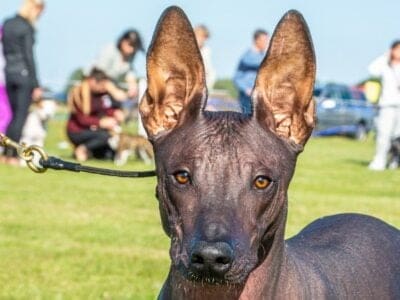
Xoloitzcuintli
The Xoloitzcuintli is the national dog of Mexico
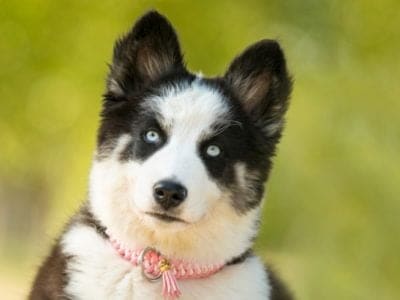
Yakutian Laika
The Yakute people were likely the first to use dogs to pull sleds, so the Yakutian Laika was probably among the first sled dogs.
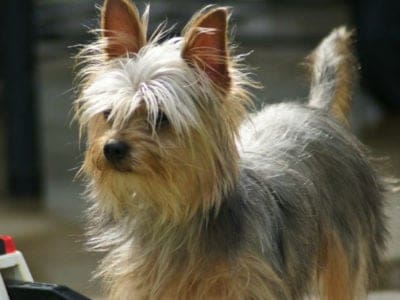
Yoranian
These dogs are very intelligent and are great with children.

Yorkie Bichon
Yorkie Bichons can come in a wide range of colors including black, white, blonde, gray, golden, or dark brown.

Yorkiepoo
The Yorkie-Poo originated from the hybrid poodle phase of the late 20th century

Yorkshire Terrier
Highly energetic and eager for adventure!
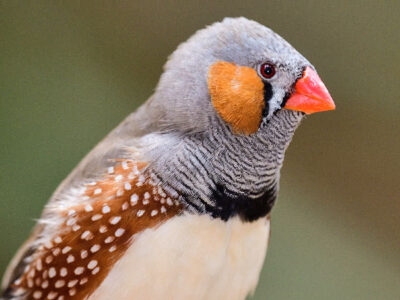
Zebra Finch
The male zebra finch creates a unique song by drawing inspiration from its parent or tutor

Zuchon
The breed often changes colors throughout its life, with its puppy coat becoming lighter over the first few years of life, then darkening as he ages.
Big List of Pets
- Abyssinian
- Affenpinscher
- Afghan Hound
- Aidi
- Ainu
- Airedale Terrier
- Airedoodle
- Akbash
- Akita
- Akita Shepherd
- Alabai (Central Asian Shepherd)
- Alaskan Husky
- Alaskan Klee Kai
- Alaskan Malamute
- Alaskan Shepherd
- Alpine Dachsbracke
- Alusky
- Amazon Parrot
- American Alsatian
- American Bulldog
- American Cocker Spaniel
- American Coonhound
- American Eskimo Dog
- American Foxhound
- American Hairless Terrier
- American Leopard Hound
- American Pit Bull Terrier
- American Pugabull
- American Staffordshire Terrier
- American Water Spaniel
- Anatolian Shepherd Dog
- Angora Ferret
- Appenzeller Dog
- Apple Head Chihuahua
- Aussiedoodle
- Aussiedor
- Aussiepom
- Australian Bulldog
- Australian Cattle Dog
- Australian Kelpie Dog
- Australian Labradoodle
- Australian Mist
- Australian Retriever
- Australian Shepherd
- Australian Shepherd Mix
- Australian Terrier
- Balinese
- Barbet
- Basenji Dog
- Basenji Mix
- Bassador
- Basset Fauve de Bretagne
- Basset Hound
- Bassetoodle
- Bavarian Mountain Hound
- Bea-Tzu
- Beabull
- Beagador
- Beagle
- Beagle Mix
- Beagle Shepherd
- Beaglier
- Beago
- Bearded Collie
- Bearded Dragon
- Beaski
- Beauceron
- Bedlington Terrier
- Belgian Malinois
- Belgian Malinois Mix
- Belgian Sheepdog
- Belgian Shepherd
- Belgian Tervuren
- Bergamasco
- Berger Picard
- Bernedoodle
- Bernese Mountain Dog
- Bernese Mountain Dog Mix
- Bernese Shepherd
- Betta Fish (Siamese Fighting Fish)
- Bichon Frise
- Bichpoo
- Biewer Terrier
- Birman
- Black And Tan Coonhound
- Black Russian Terrier
- Bladefin Basslet
- Bloodhound
- Blue Lacy Dog
- Blue Picardy Spaniel
- Bluetick Coonhound
- Boggle
- Boglen Terrier
- Bolognese Dog
- Bombay
- Borador
- Border Collie
- Border Collie Mix
- Border Terrier
- Bordoodle
- Borkie
- Boston Terrier
- Bouvier Des Flandres
- Boxador
- Boxer Dog
- Boxer Mix
- Boxerdoodle
- Boxsky
- Boxweiler
- Boykin Spaniel
- Braque du Bourbonnais
- Braque Francais
- Brazilian Terrier
- British Timber
- Brittany
- Brug
- Brussels Griffon
- Budgerigar
- Bull Terrier
- Bulldog
- Bulldog Mix
- Bullmastiff
- Burmese
- Cairn Terrier
- Canaan Dog
- Canadian Eskimo Dog
- Cane Corso
- Carolina Dog
- Cat
- Catahoula Bulldog
- Catahoula Leopard
- Catalan Sheepdog
- Caucasian Shepherd
- Cava Tzu
- Cavador
- Cavalier King Charles Spaniel
- Cavapoo
- Cesky Fousek
- Cesky Terrier
- Chartreux
- Cheagle
- Chesapeake Bay Retriever
- Chihuahua
- Chinese Crested Dog
- Chinese Shar-Pei
- Chinook
- Chipit
- Chipoo
- Chiweenie
- Chorkie
- Chow Chow
- Chow Shepherd
- Cinnamon Ferret
- Clumber Spaniel
- Cockalier
- Cockapoo
- Cockatiel
- Cockatoo
- Cocker Spaniel
- Collie
- Corgidor
- Corgipoo
- Corkie
- Corman Shepherd
- Corn Rex Cat (Cornish Rex)
- Coton de Tulear
- Curly Coated Retriever
- Czechoslovakian Wolfdog
- Dachsador
- Dachshund
- Dachshund Mix
- Dalmadoodle
- Dalmador
- Dalmatian
- Danish Swedish Farmdog
- Dapple Dachshund
- Daug
- Deer Head Chihuahua
- Deutsche Bracke
- Devon Rex
- Doberman Pinscher
- Dog
- Dogo Argentino
- Dogue De Bordeaux
- Dorgi
- Dorkie
- Double Doodle
- Doxiepoo
- Doxle
- Draco Volans Lizard
- Drever
- Dunker
- Eclectus Parrot
- Egyptian Mau
- English Angora Rabbit
- English Bulldog
- English Cocker Spaniel
- English Cream Golden Retriever
- English Foxhound
- English Pointer
- English Setter
- English Shepherd
- English Springer Spaniel
- Entlebucher Mountain Dog
- Epagneul Pont Audemer
- Eskimo Dog
- Eskipoo
- Estrela Mountain Dog
- Fancy Mouse
- Feist
- Fennec Fox
- Ferret
- Field Spaniel
- Fila Brasileiro
- Finnish Spitz
- Fish
- Flat-Coated Retriever
- Flowerhorn Fish
- Formosan Mountain Dog
- Fox Terrier
- French Bulldog
- French Bulldog Mix
- Frenchton
- Frengle
- Frog
- Gecko
- Gerberian Shepsky
- Gerbil
- German Pinscher
- German Shepherd Guide
- German Shepherd Mix
- German Sheppit
- German Sheprador
- German Shorthaired Pointer
- German Spitz
- Giant Schnauzer
- Giant Schnoodle
- Glechon
- Glen Of Imaal Terrier
- Goberian
- Goldador
- Golden Dox
- Golden Newfie
- Golden Pyrenees
- Golden Retriever
- Golden Retriever Mix
- Golden Saint
- Golden Shepherd
- Goldendoodle
- Goldfish
- Gordon Setter
- Gouldian Finch
- Great Dane
- Great Danoodle
- Great Pyrenees
- Great Pyrenees Mix
- Greater Swiss Mountain Dog
- Greenland Dog
- Greyhound
- Griffonshire
- Groenendael
- Guinea Pig
- Hamster
- Harrier
- Havanese
- Havapoo
- Havashire
- Himalayan
- Hokkaido
- Horgi
- House Finch
- Huntaway
- Huskador
- Huskita
- Husky
- Husky Jack
- Huskydoodle
- Ibizan Hound
- Icelandic Sheepdog
- Iguana
- Irish Doodle
- Irish Setter
- Irish Terrier
- Irish Water Spaniel
- Irish WolfHound
- Italian Greyhound
- Jack Russells
- Jackabee
- Japanese Chin
- Japanese Spitz
- Japanese Terrier
- Javanese
- Kai Ken
- Kangal Shepherd Dog
- Keel-Billed Toucan
- Keeshond
- Kerry Blue Terrier
- King Shepherd
- Kishu
- Koi Fish
- Kooikerhondje
- Koolie
- Kuvasz
- Labahoula
- Labmaraner
- Labradane
- Labradoodle
- Labrador Retriever
- Labraheeler
- Labrottie
- Lakeland Terrier
- Lancashire Heeler
- Lapponian Herder
- Leonberger
- Lhasa Apso
- Lhasapoo
- Lizard
- Loach
- Long-Haired Rottweiler
- Lorikeet
- Lowchen
- Macaw
- Maine Coon
- Mal Shi
- Malchi
- Malteagle
- Maltese
- Maltese Shih Tzu
- Maltipoo
- Manchester Terrier
- Mastador
- Mastiff
- Mastiff Mix
- Meagle
- Miki
- Mini Labradoodle
- Miniature Bull Terrier
- Miniature Pinscher
- Mongrel
- Monitor Lizard
- Morkie
- Moscow Watchdog
- Mountain Cur
- Mountain Feist
- Mourning Dove
- Mouse
- Mudi
- Myna Bird
- Neapolitan Mastiff
- Nebelung
- Newfoundland
- Newfypoo
- Norfolk Terrier
- Northern Inuit Dog
- Norwegian Buhund
- Norwegian Elkhound
- Norwegian Forest
- Norwegian Lundehund
- Norwich Terrier
- Nova Scotia Duck Tolling Retriever
- Old English Sheepdog
- Oscar Fish
- Otterhound
- Papillon
- Parrot
- Parson Russell Terrier
- Parti Schnauzer
- Patterdale Terrier
- Peagle
- Peekapoo
- Pekingese
- Pembroke Welsh Corgi
- Peppermint Angelfish
- Perro De Presa Canario
- Persian
- Peruvian Inca Orchid
- Petit Basset Griffon Vendéen
- Petite Goldendoodle
- Pit Bull
- Pitador
- Pitsky
- Plott Hound Mix
- Pocket Beagle
- Pocket Pitbull
- Pointer
- Pointer Mix
- Polish Lowland Sheepdog
- Polish Tatra Sheepdog
- Pomapoo
- Pomchi
- Pomeagle
- Pomeranian
- Pomsky
- Poochon
- Poodle
- Poogle
- Pudelpointer
- Pug
- Pug Mix
- Pugapoo
- Puggle
- Pugshire
- Pumi
- Purple Finch
- Pyrador
- Pyredoodle
- Rabbit
- Ragamuffin
- Ragdoll
- Raggle
- Rat
- Rat Terrier
- Red Finch
- Red Knee Tarantula
- Redbone Coonhound
- Rooster
- Rottle
- Rottsky
- Rottweiler
- Rottweiler Mix
- Russell Terrier
- Russian Bear Dog
- Russian Blue
- Saarloos Wolfdog
- Sable Black German Shepherd
- Sable Ferret
- Saint Berdoodle
- Saint Bernard
- Saint Shepherd
- Saluki
- Samoyed
- Sapsali
- Schipperke
- Schneagle
- Schnoodle
- Scottish Terrier
- Sealyham Terrier
- Sheepadoodle
- Shepadoodle
- Shepkita
- Shepweiler
- Shiba Inu
- Shiba Inu Mix
- Shih Poo
- Shih Tzu
- Shih Tzu Mix
- Shollie
- Shrimp
- Siamese
- Siberian
- Siberian Husky
- Siberian Retriever
- Siberpoo
- Silky Terrier
- Silver Labrador
- Skye Terrier
- Slovak Cuvac
- Smooth Fox Terrier
- Snake
- Snorkie
- Snowshoe
- Somali
- Spanador
- Spanish Mastiff
- Spanish Water Dog
- Sphynx
- Spinone Italiano
- Springerdoodle
- Stabyhoun
- Staffordshire Bull Terrier
- Standard Schnauzer
- Swedish Elkhound
- Swedish Vallhund
- Taco Terrier
- Tamaskan
- Teddy Roosevelt Terrier
- Tenterfield Terrier
- Terrier
- Texas Heeler
- Thai Ridgeback
- Tibetan Mastiff
- Tibetan Spaniel
- Tibetan Terrier
- Tiffany
- Torkie
- Toucan
- Toy Fox Terrier
- Toy Poodle
- Transylvanian Hound
- Treeing Tennessee Brindle
- Treeing Walker Coonhound
- Turkish Angora
- Utonagan
- Vizsla
- Volpino Italiano
- Weimaraner
- Weimardoodle
- Welsh Corgi
- Welsh Terrier
- West Highland Terrier
- Westiepoo
- Wheaten Terrier
- Whippet
- White Ferret / Albino Ferrets
- Whoodle
- Wire Fox Terrier
- Wirehaired Pointing Griffon
- Wrought Iron Butterflyfish
- Xoloitzcuintli
- Yakutian Laika
- Yoranian
- Yorkie Bichon
- Yorkiepoo
- Yorkshire Terrier
- Zebra Finch
- Zuchon
Pet Animals FAQs (Frequently Asked Questions)
What animals can be kept as pets?
Many animals can be kept as pets! The most common pet choices are dogs, cats, birds, rodents, and fish. There are less common pet types as well that include amphibians, snakes, and other exotic creatures.
What are the most popular types of pets?
Dogs, cats, rodents, birds, and fish are the five most popular pets to own.
What is a good first pet?
A good first pet is one that is easy to care for. Some examples include dogs, cats, goldfish, hamsters, gerbils, and parakeets.
Starting out with a low-maintenance pet gives an owner the opportunity to learn more about the requirements of their care. Once an owner gains more confidence, he or she can try to keep a pet that needs a more advanced level of care.
What are the easiest pets to own?
Fish, birds, and rodents are the easiest pets to own.
How long do different types of pets live?
Some pets live a very long time. For instance, some dogs live from 10 to 15 years depending on the breed. Cats can also live to be 15 years old or more.
Alternatively, some pets are known to live a relatively short time. For instance, betta fish may only live for three years. Hamsters live for just one to two years while guinea pigs can live from four to six years.
It’s best to research how long a particular type of pet is predicted to live before committing to its care. For instance, some parrots can live to be 50 years old! People who own animals that live a long time such as parrots and turtles must make arrangements for someone to care for the pet if necessary.
Thank you for reading! Have some feedback for us? Contact the AZ Animals editorial team.




